Have you ever considered why you need a home dehumidifier? Indoor air containing too much humidity can be extremely hazardous to your health. If you’re concerned about the well-being of your loved ones, consider answering the following questions to determine if buying a dehumidifier is right for you:
- Do you live in a humid, sultry climate?
- Do you often find condensation on windows and glass in your home?
- Do you often have allergies or asthma in your family?
- And have you noticed traces of mold in some unseen corners?
If you answered “Yes” to two or more of these questions, your home badly needs dehumidification because excessive humidity creates an unhealthy living space.
Humidity and Your Health
Moisture that accumulates in the air inside your home can change how you perceive heat. The more moisture content in the air, the hotter you feel.
When too much moisture is in the air, many people will feel uncomfortable and “sticky,” says family and emergency physician Dr. Janette Nesheiwat.
You can vastly improve or eliminate that discomfort with the AlorAir HD55 room dehumidifier. It carries a 5-year warranty, with a MERV-8 filter, automatic defrost, ETL certified, and optional remote control, making this unit perfect for basements and crawlspaces.
As proven by many experts, relative humidity between 30% to 50% is comfortable for most people. But humidity levels above 50% spur the growth of mold and mildew.
Conversely, most people feel dry when humidity levels drop below 30%. A humidity level of 45% is optimal for creating a comfortable and healthy environment in your living space. Buying a hygrometer can measure the level of humidity in a room in real-time. It can alert you to excessively high levels of 50% or higher, signaling that it’s time to invest in a home dehumidifier.
You can’t sweat. — High humidity levels inhibit your body from sweating out excessive heat.
Your heart is stressed. — When you exercise in a high humidity environment, your heart and circulation are stressed.
You become dehydrated. — Constantly sweating in a damp, balmy environment is incredibly uncomfortable and can cause your body to dehydrate.
You can suffer heat stroke. — In extreme or prolonged humid environments, your body can lose the ability to cool down entirely, causing an acutely dangerous condition of heat stroke and possibly death.
The Dangers of Mold and Mildew
If you live in a moist and sultry climate, you may find condensation on the windows
and glass in your home from excessive humidity.
If anyone in the home has allergies or asthma, it may be agitated by unseen traces of mold and mildew in corners and crevices throughout the house caused by humidity.
Mold produces spores that become airborne and spread. Every indoor space is infected with mold spores because preventing them is impossible. Mold spores can even survive in environments where mold itself cannot live.
Mold can grow on almost anything, including books, wood, walls, plastic, clothing, glass, bathroom tiles, toys, CDs, DVDs, leaky pipes, damp windowsills, water fountains, and walls ruining everything it touches. That’s because as mold grows, it digests whatever it lands on to survive.
Consequently, mold can eat away at your home just as quickly as it can eat away at your lungs should you breathe too many mold spores into your body. Therefore, preventing mold protects your health and wealth. In addition, it can reduce the amount of dust in the air, making it easier for allergy sufferers to breathe.
Protecting Your Home from Humidity and Moisture Damage
If you’re concerned about humidity and its unhealthy effects on your household, consider investing in a home dehumidifier. It may be the key to maintaining a healthy and safe environment for you and your family.
If you don’t own a humidity measuring device, watch for these warning signs that the humidity is too high in your house:
- Buckling laminate floors
- Difficulty operating deadbolt locks on exterior doors
- Difficulty operating exterior door handles
- Exterior doors that are hard to open and close
- Internal rusting of door handles and deadbolt locks on exterior doors
- Moisture build-up on windowsills
- Moisture on exterior deadbolt locks and door handles
- Peeling paint inside the house
- Signs of mold and mildew on damp surfaces
- Swelling cabinet doors
All the above are signs that the humidity levels in your home are above healthy levels, and you should take immediate corrective action. One of the best and most effective actions is investing in a dehumidifier for your home.
Benefits of a Home Dehumidifier
Installing dehumidifiers for homes can pay significant health and financial benefits if your home is prone to high humidity levels. Here are some of the most important you can expect:
- Attack bacteria and viruses.Using a dehumidifier can help improve your indoor air quality and efficiently eliminate bacteria and viruses from your breathable living space.
- Avoid mold and mildew.Condensation from damp, moist air often occurs on walls or glass, leading to mold growth. Mold is harmful to your health, and it’s expensive to remove.
- Be more comfortable.Damp, muggy climates make people feel uncomfortable during the summer.
Perspiration and sweat stay on our skin and don’t evaporate, making you feel hot and sticky.
If this describes your situation at home, it’s time to run your dehumidifier to cool the hot air and make the house more comfortable.
- Eliminate funky odors.If there’s an odd, rotten smell that you can’t quite locate, it’s a good indicator that you need to run a home dehumidifier to reduce the humidity in your home. The odor could be under or in the carpeting, behind wallpaper, in the drywall, or coming from windowsills.
- Get rid of pests.High humidity attracts unwelcome pests such as spiders and cockroaches. If you find pests are active in your home, you can run the dehumidifier to make the environment less hospitable.
- Prevent structural damage to your home.If your living space is damp all year round, the wooden beams in your floors, walls, and ceiling can rot and weaken.
- Reduce allergies.High moisture and poor air circulation are prone to creating allergens. For example, a damp, warm place is heavenly for mold, dust mites, and mildew to flourish, especially in the bathroom, laundry, kitchen, and other water sources.
- Save money.Dehumidifiers allow air conditioning units to operate more efficiently, controlling energy costs. Cleansing your indoor air with an energy-efficient dehumidifier enables your air conditioner to more easily maintain a comfortable indoor temperature without running excessively, saving energy and reducing cooling equipment wear.
- Stop damage to walls.Peeling paint and bulging or peeling wallpaper are signs of too much moisture in your home.
How to Choose the Right Home Dehumidifier
A dehumidifier is an appliance that helps reduce the air’s humidity level. Choosing the best home dehumidifier goes a long way toward protecting your family’s health and safety.
There are two types of dehumidifiers: 1) compressor dehumidifiers and 2) desiccant dehumidifiers. Understanding these two devices’ working principles and differences can help you choose a suitable machine.
The compressor dehumidifier passes moist air from your home through a cold coil and uses condensate to draw moisture out of indoor air into a treatment tank.
The dried air is reheated by a heating coil and returned to the room.
Unfortunately, compressor dehumidifiers are loud and bulky and work best in warm climates. You must also periodically empty the treatment box.
The desiccant dehumidifier removes moisture from indoor air through a desiccant wheel and then heats the air inside the machine to dry it before spewing it back into the room. Desiccant is a dehumidifier that is quiet, and you don’t have to empty a treatment box. But they’re also more expensive.
A good strategy is to try investing in a small room dehumidifier like the AlorAir Sentinel HDi90 for a single room or basement to test whether the additional comfort and benefits you receive justify a larger investment in whole-home dehumidifiers.
It’s an Energy Star Certified higher efficiency, lower energy consumption device with more reliability, featuring a heavy-duty condensate pump that makes draining faster and easier. Standard features and benefits include a 5-year warranty, MERV-1 filter, automatic defrost, ETL certification, and an optional remote control capability.
In Conclusion
There are many benefits to dehumidifying your home to promote clean, healthy indoor air for the occupants of your home to breathe.
However, choosing the quietest dehumidifier for a residential home that’s also the proper size can be tricky if you’re untrained. Your best choice is to contact the professionals at AlorAir to have your humidity control needs evaluated and receive an effective recommendation!
FAQ
Can a dehumidifier work for my entire home?
If you’re seeking cleaner, healthier air in your living space, that’s a definite yes!
Where should I locate a dehumidifier in my home?
The best place to locate a dehumidifier is near the source of moisture. If you own a multi-story home, then a basement dehumidifier system is the most logical location because it’s the most humid place in the house.
Are dehumidifiers expensive to run?
Home dehumidifiers tend to gobble up a lot of electricity. However, at least part of that cost is offset through the more efficient operation of your air conditioning system.
Should you let your home dehumidifier run all the time?
No, you only need to run the dehumidifier when humidity levels exceed 50%. Humidity levels between 30 to 50% are comfortable for most occupants.
How long do dehumidifiers last?
The average dehumidifier will last between five to ten years.





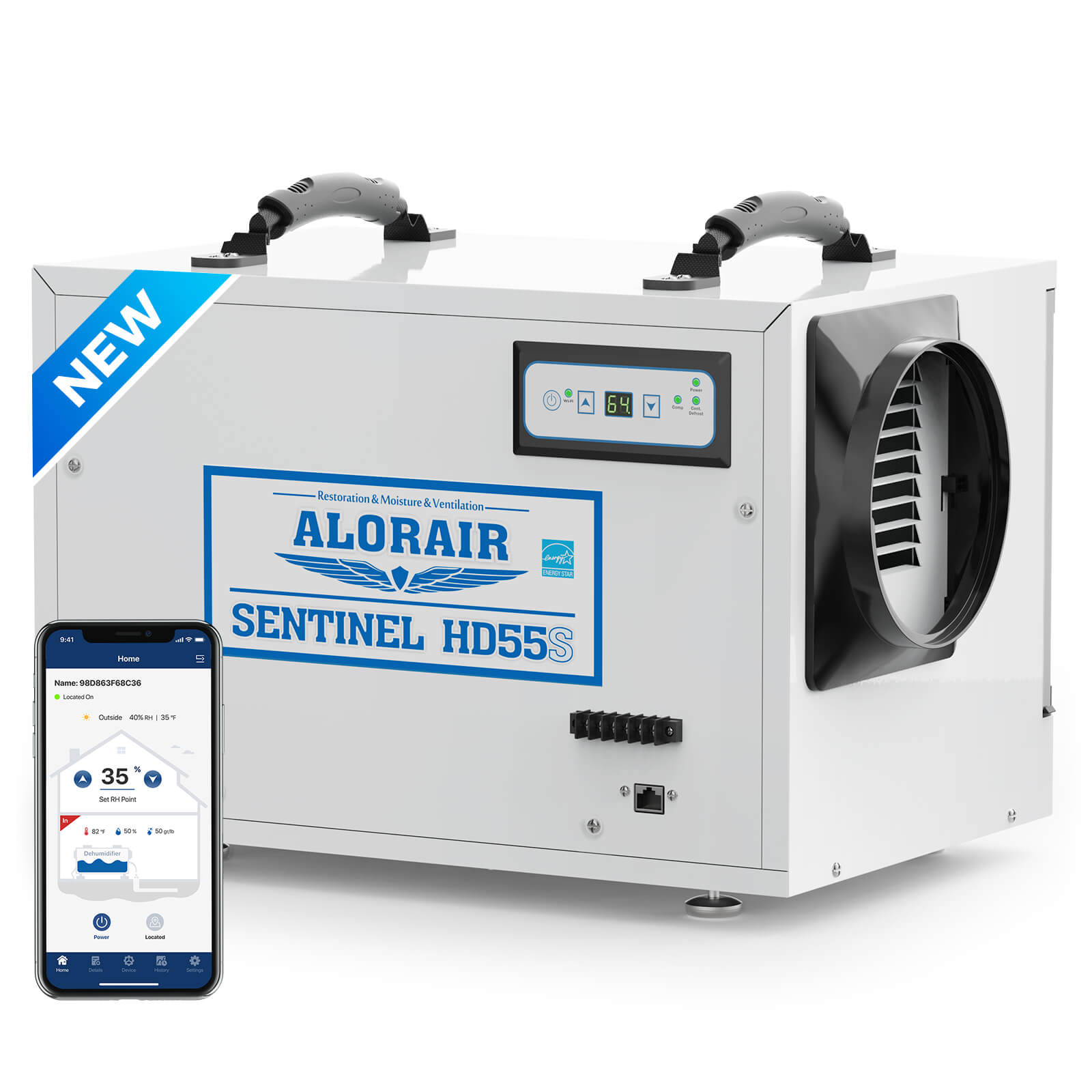
-(1).png)
.jpg)
.jpg)
.jpg)
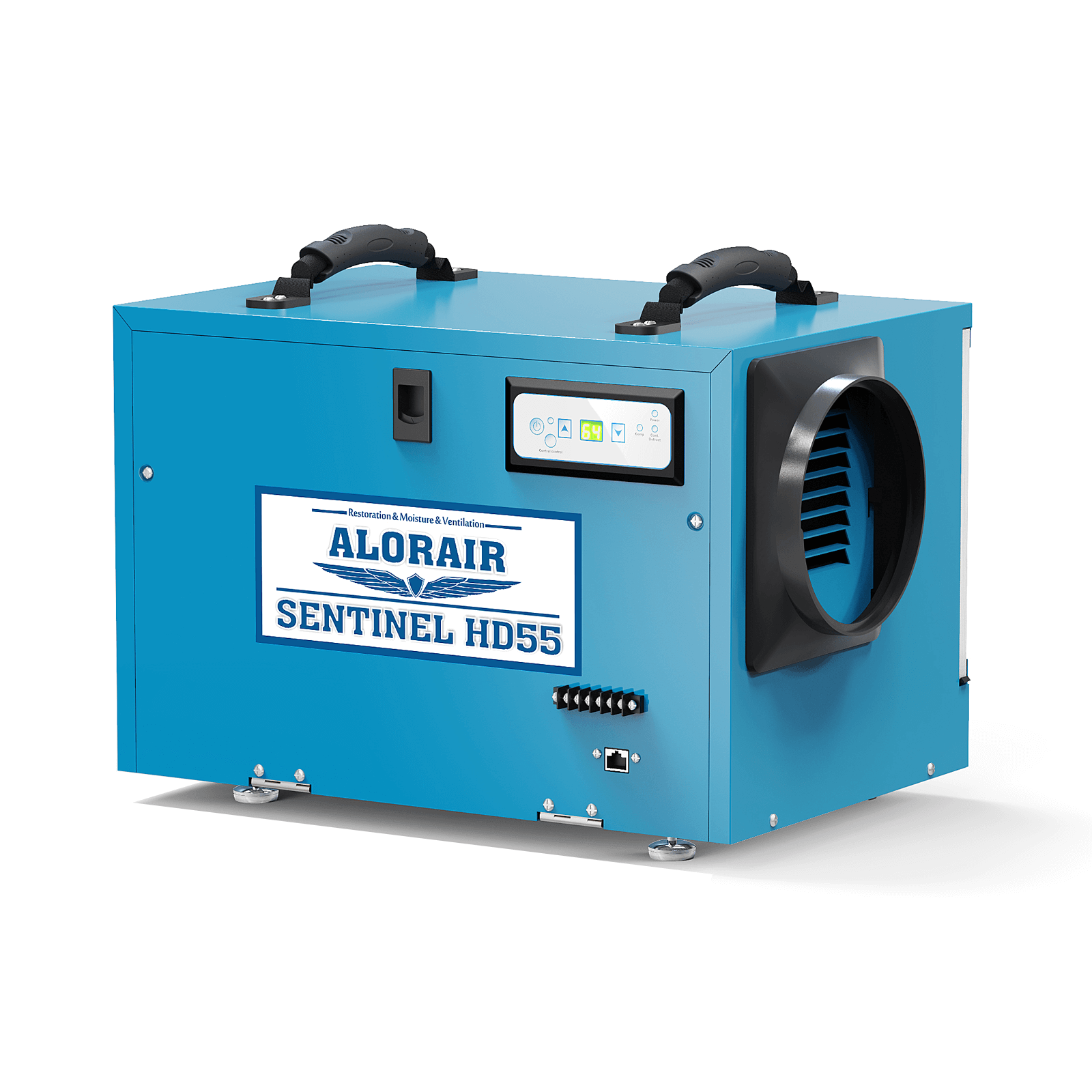
.jpg)
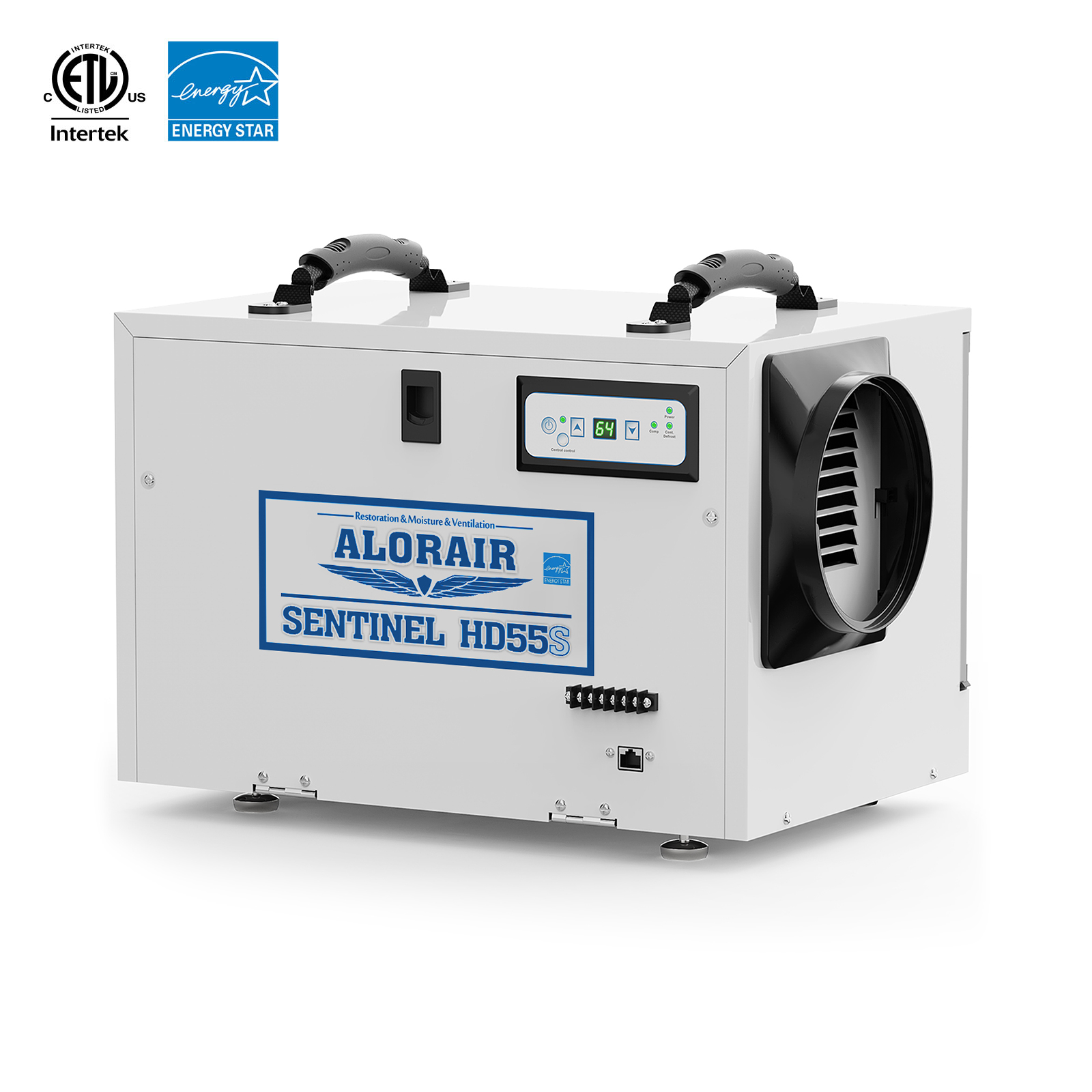
.HDi90.png)
.HD90.png)

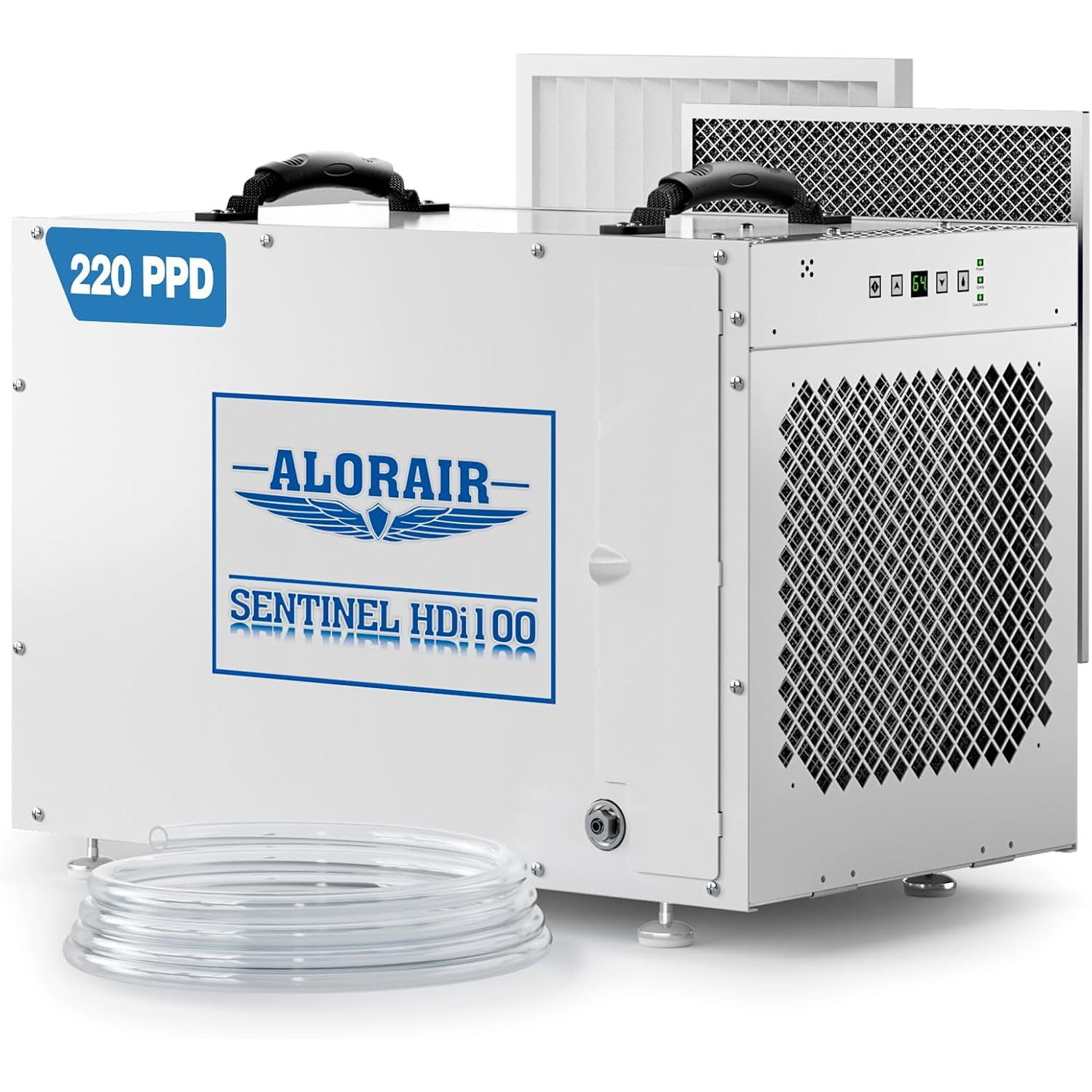
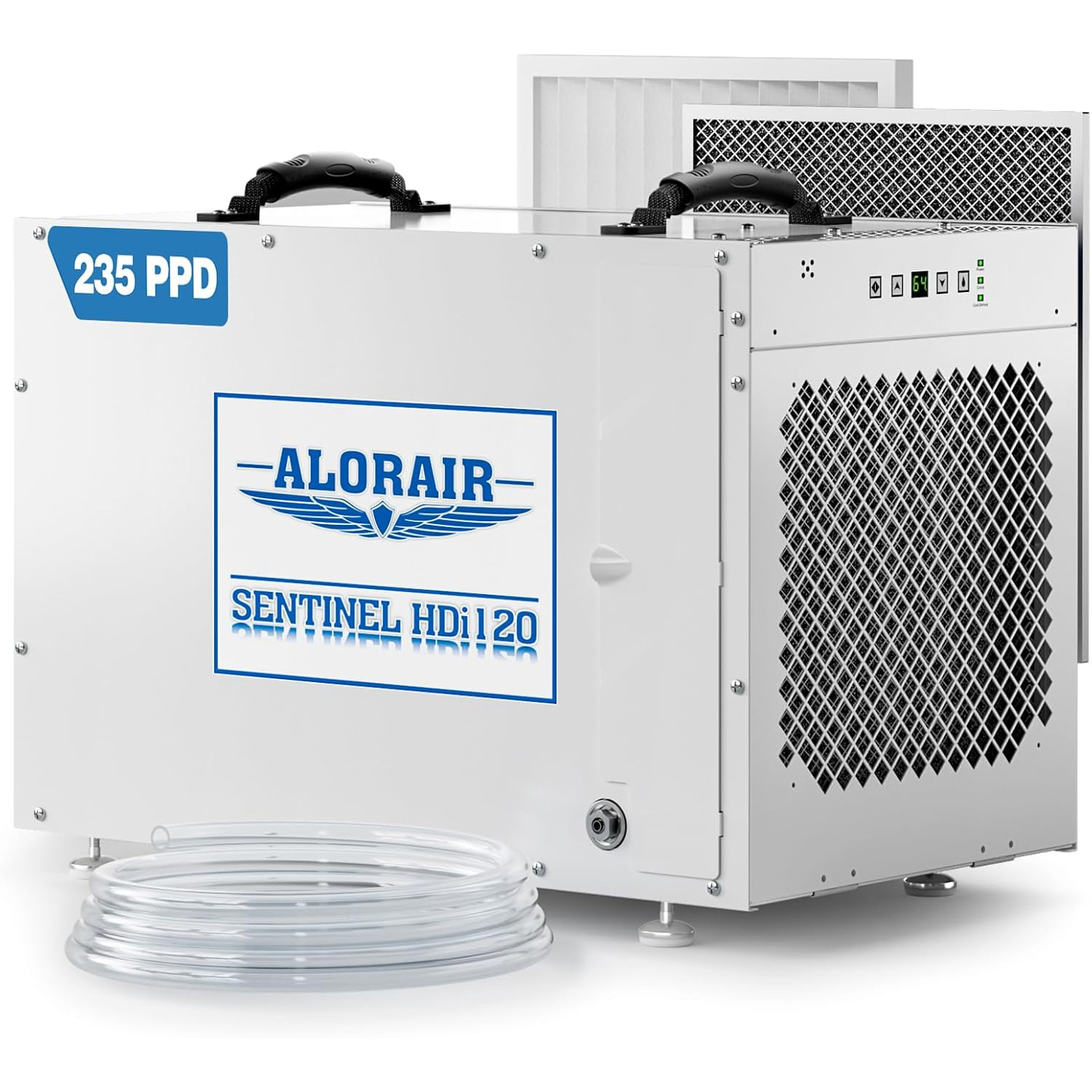
.jpg)
.jpg)
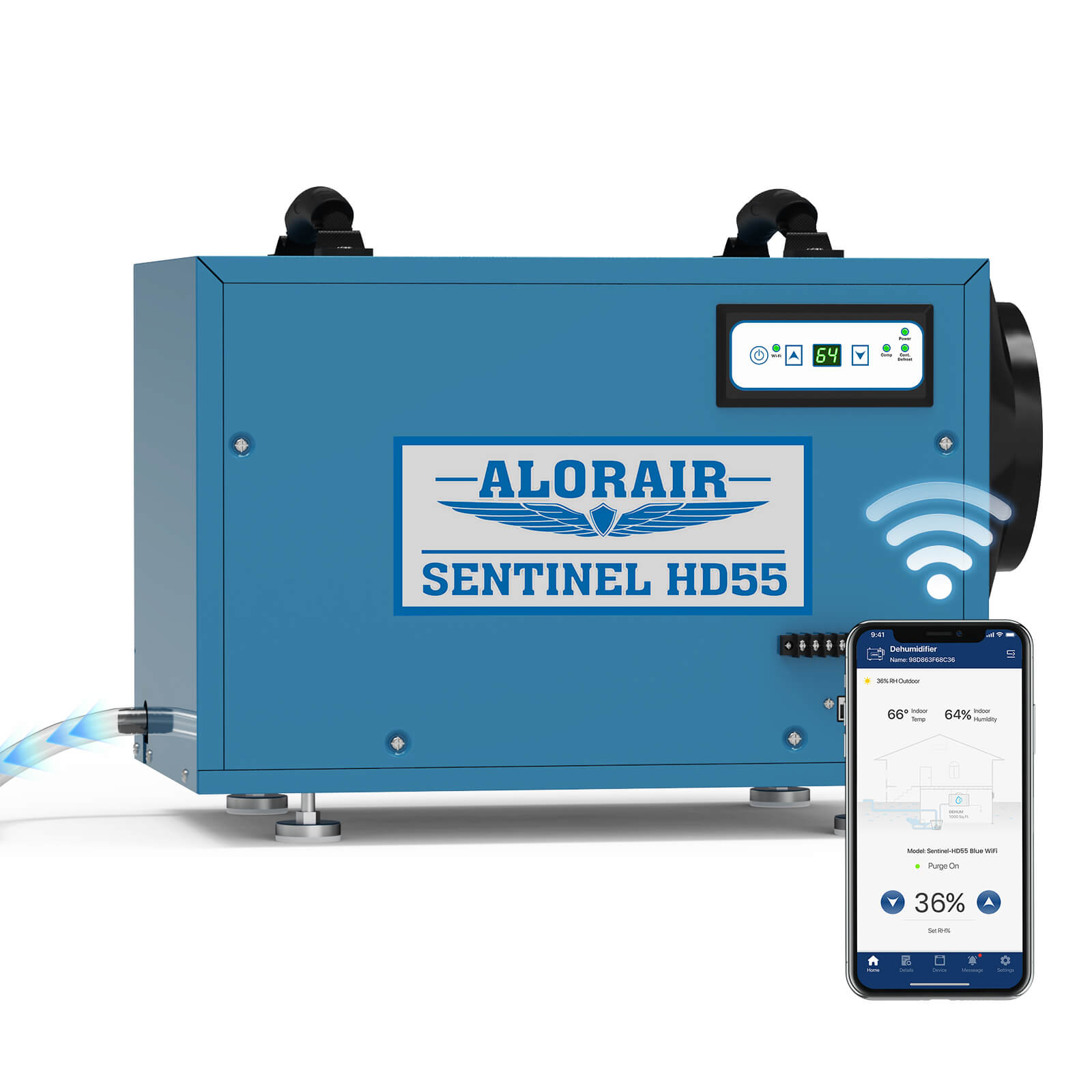
.jpg)

.jpg)





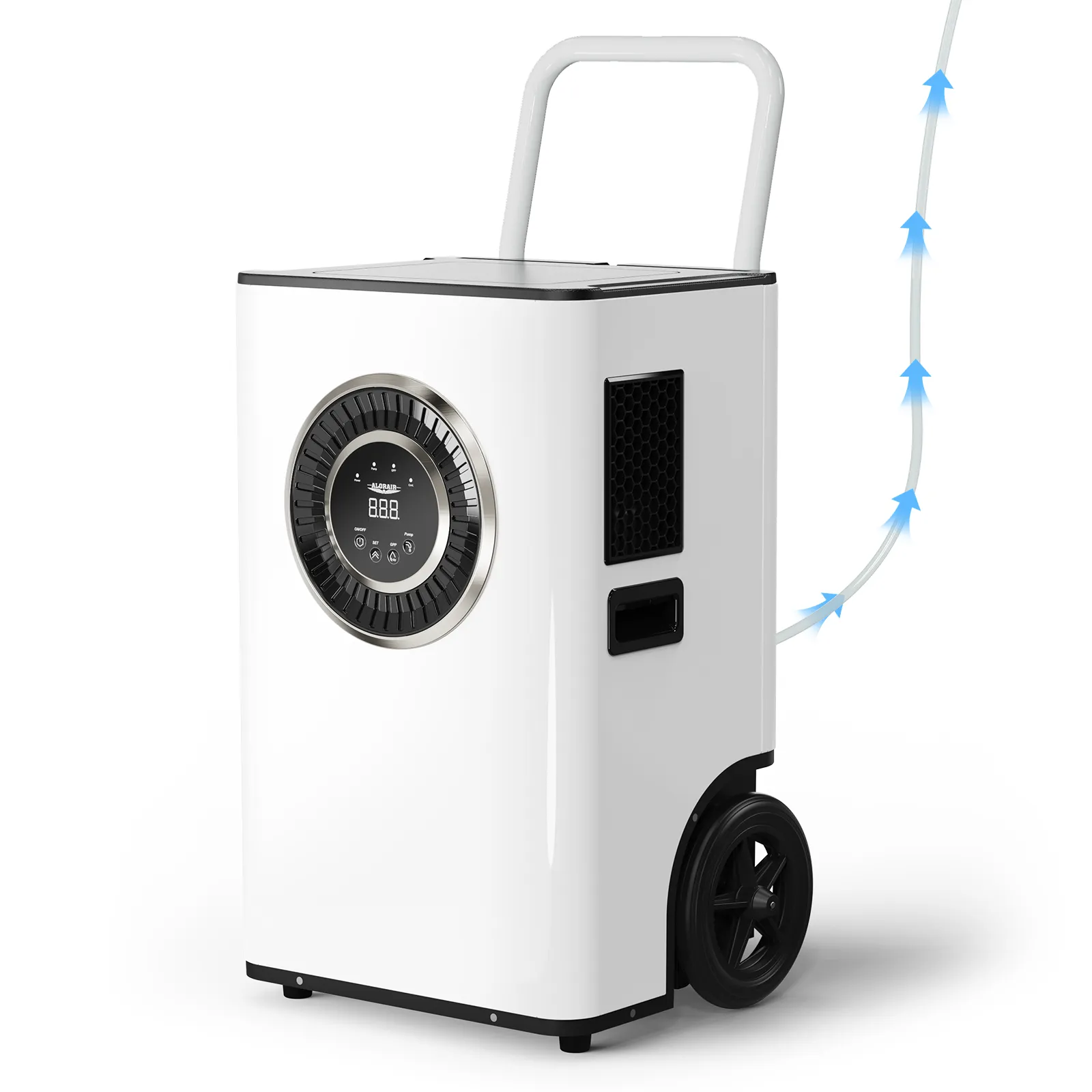
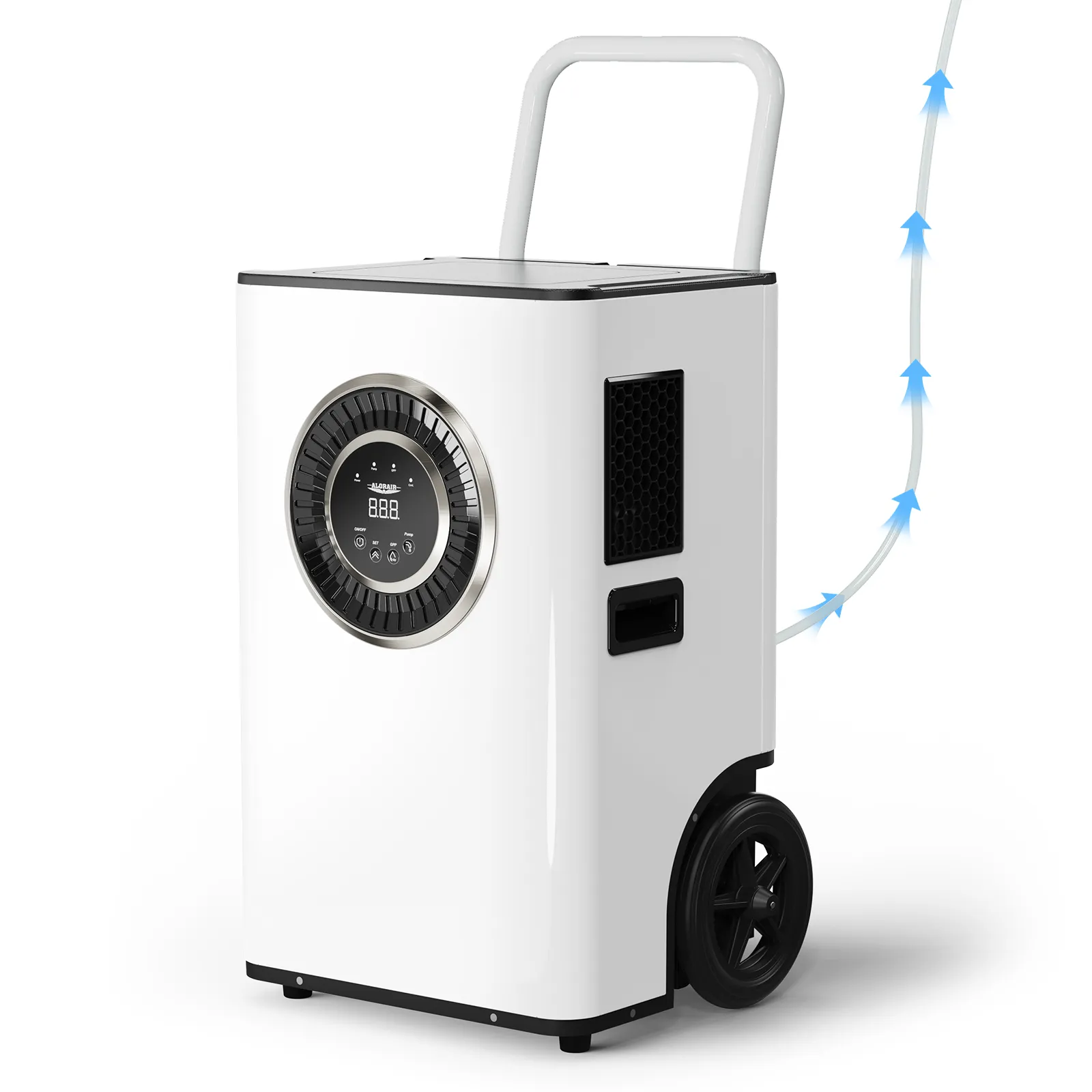
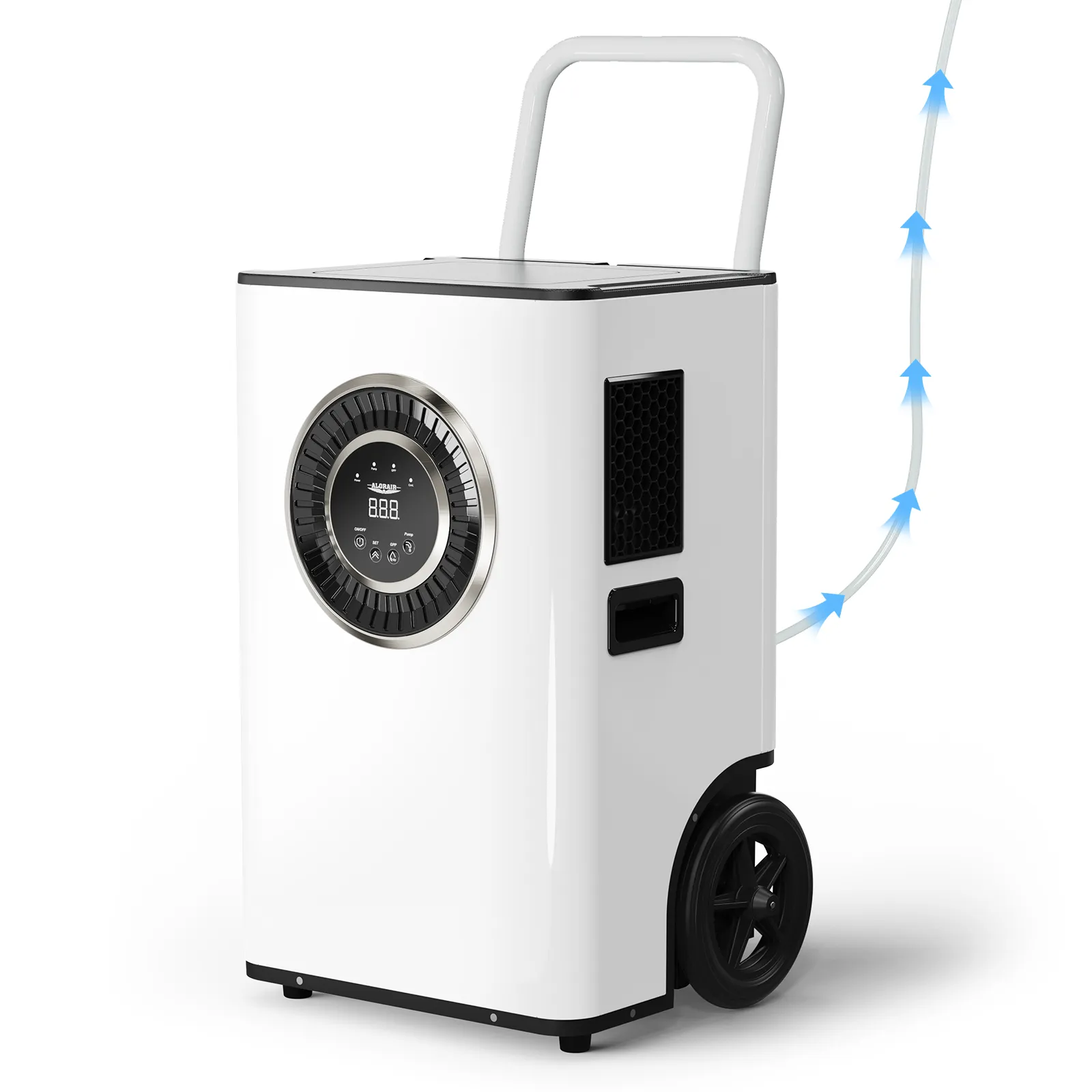
.jpg)
.jpg)
.jpg)
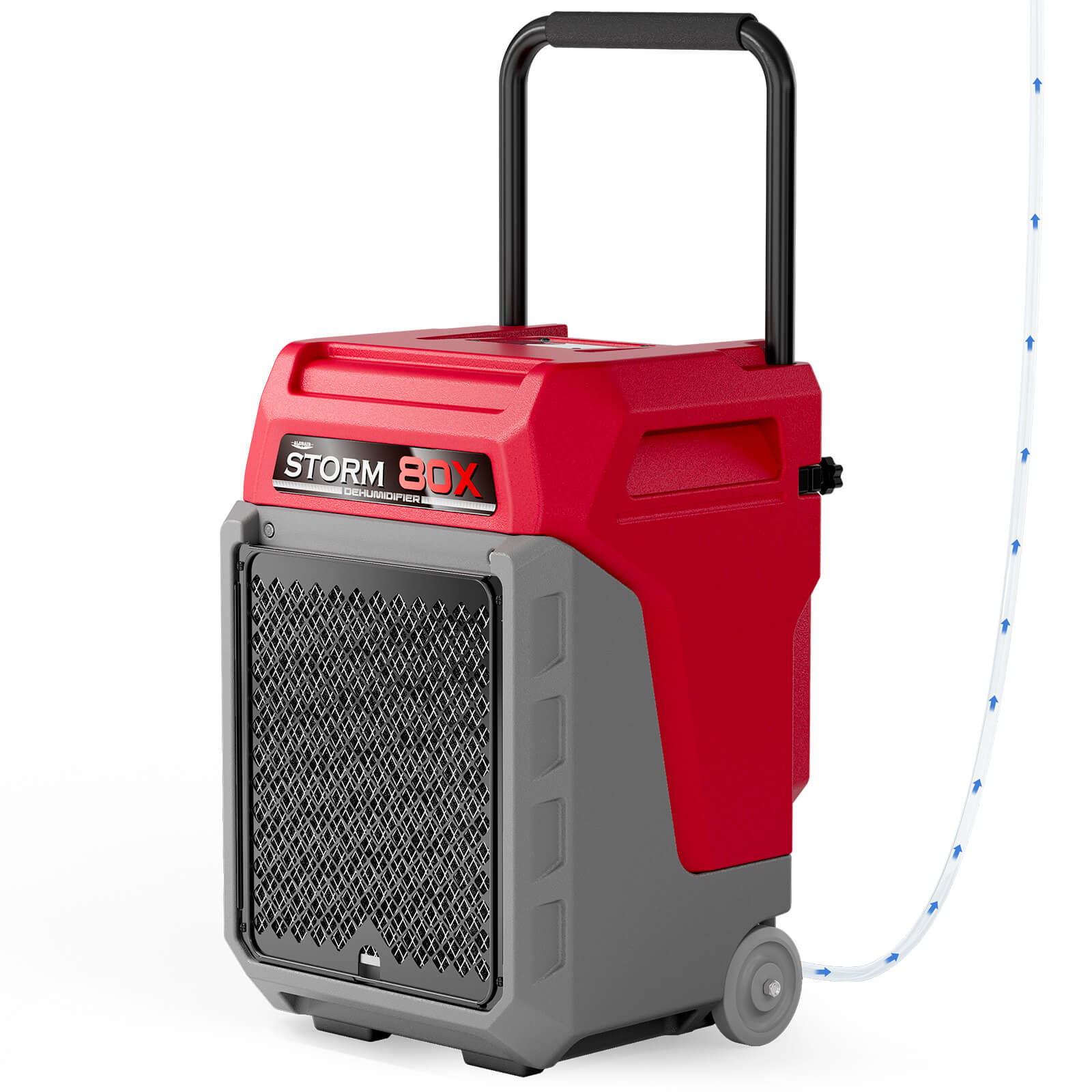
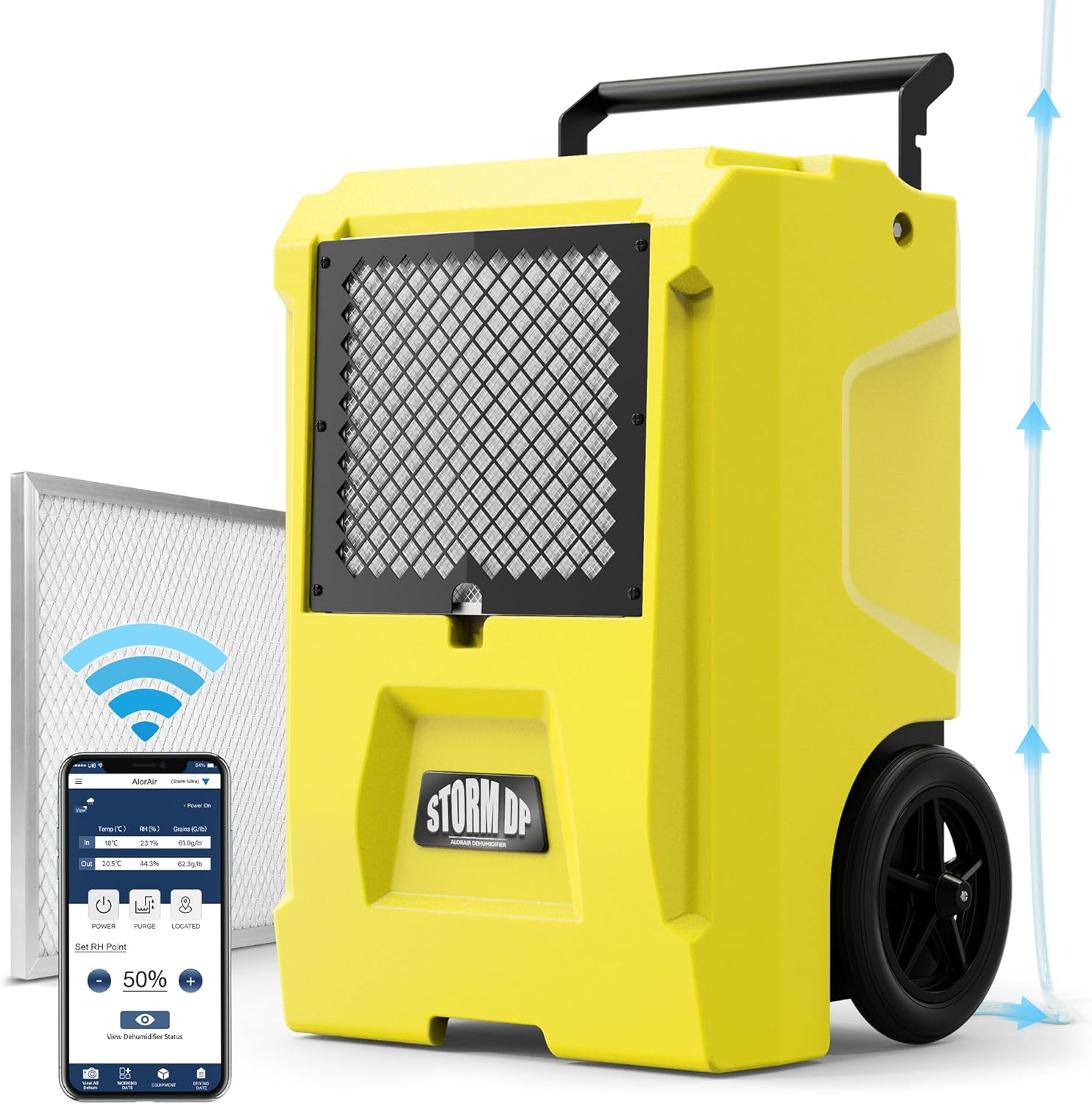
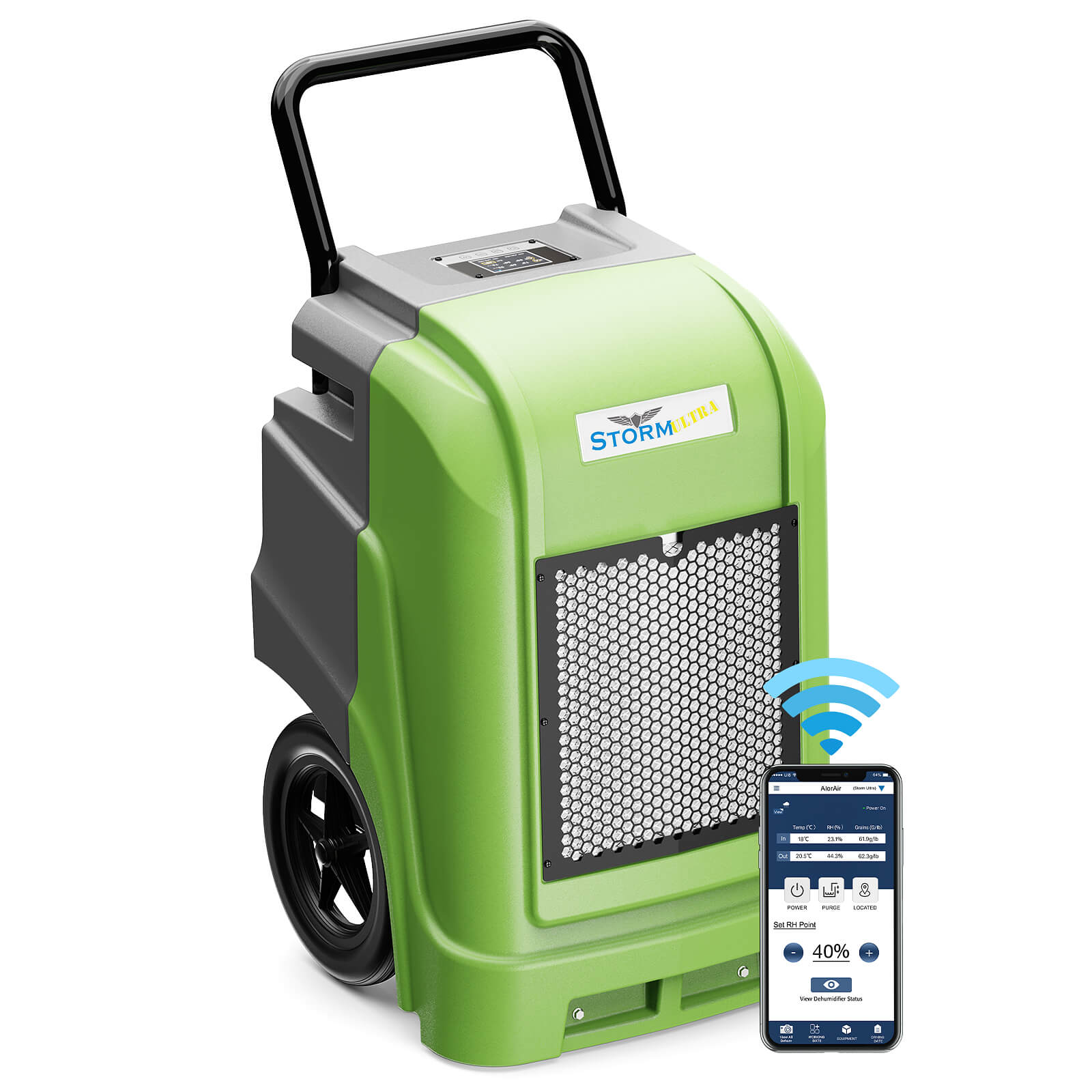
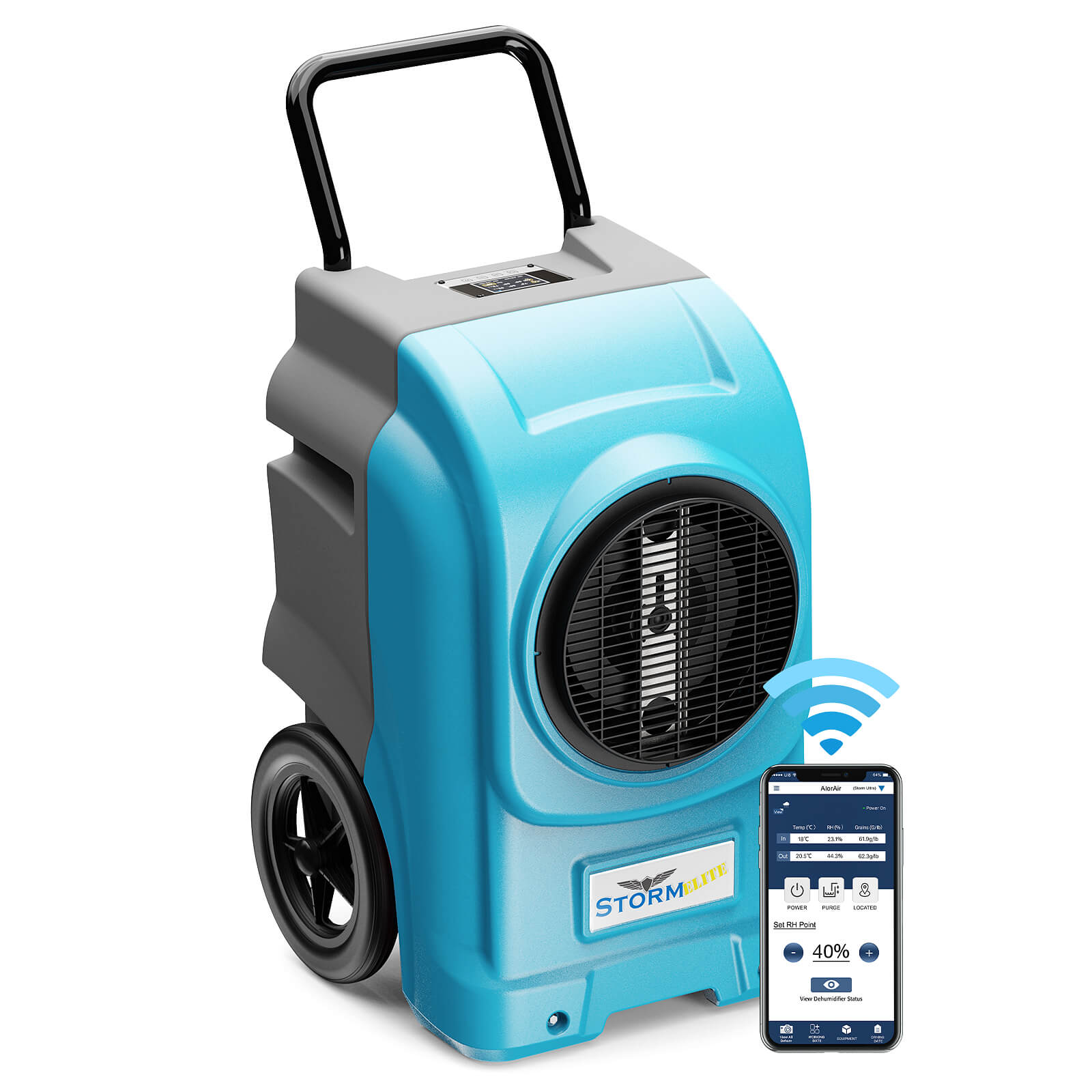
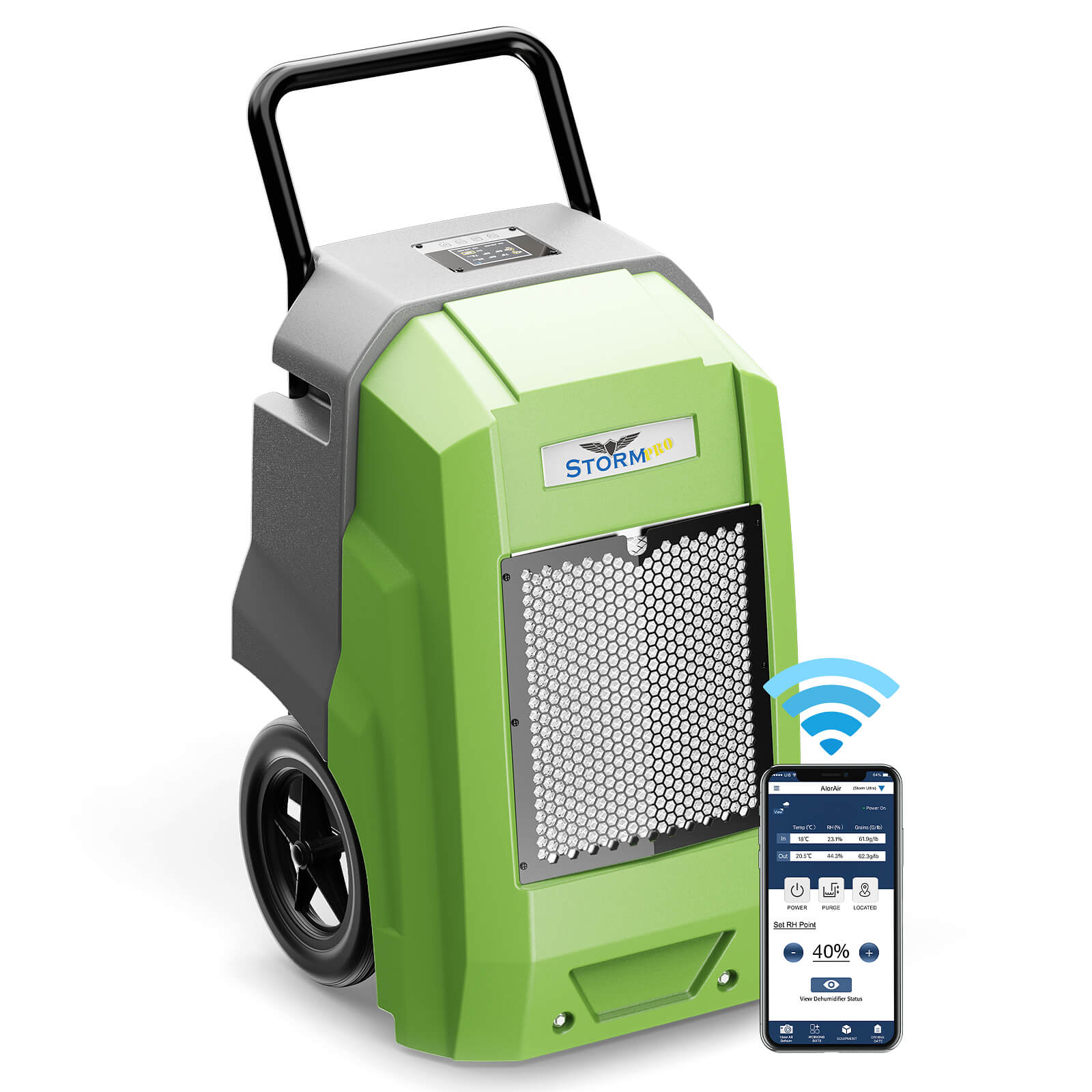
.jpg)
.jpg)
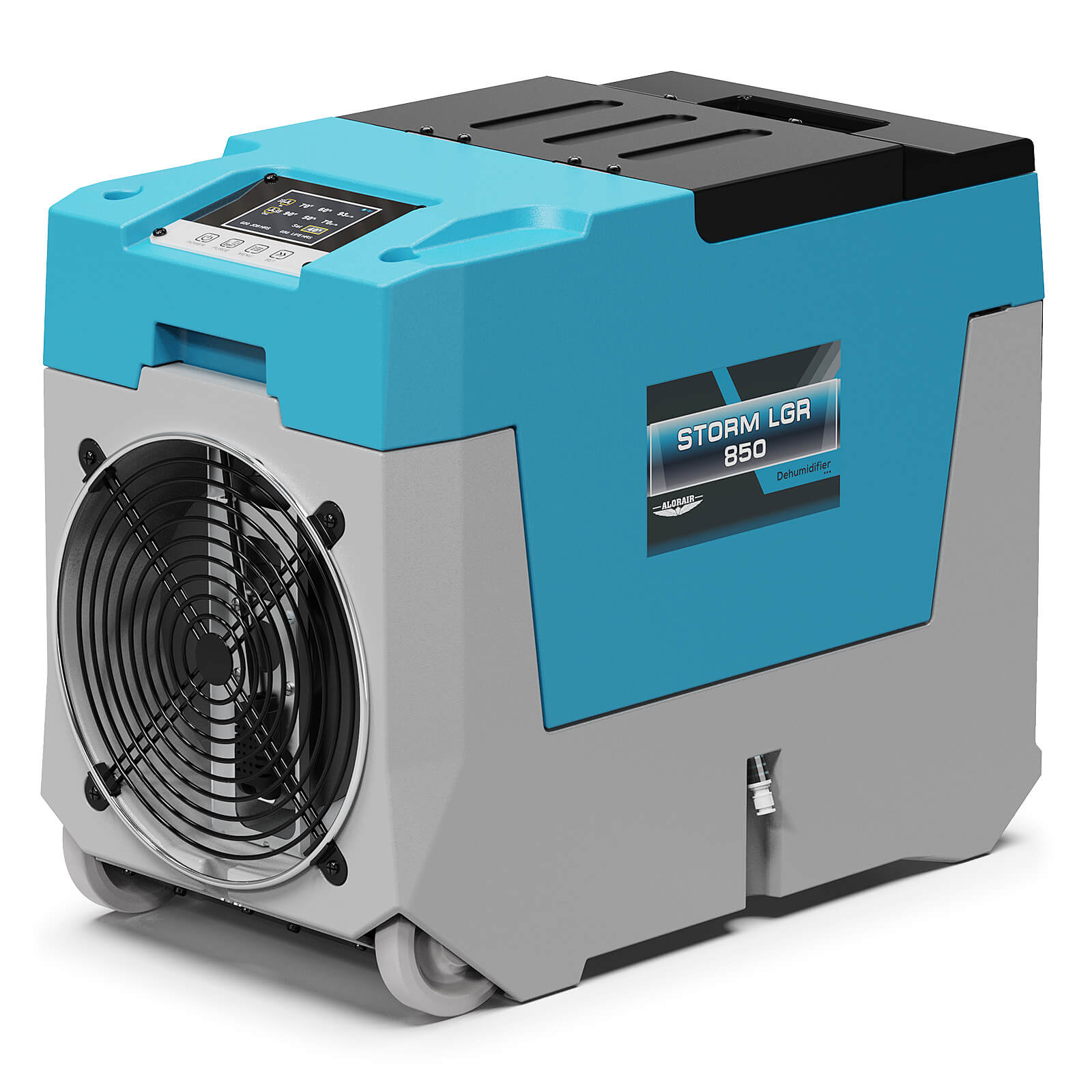
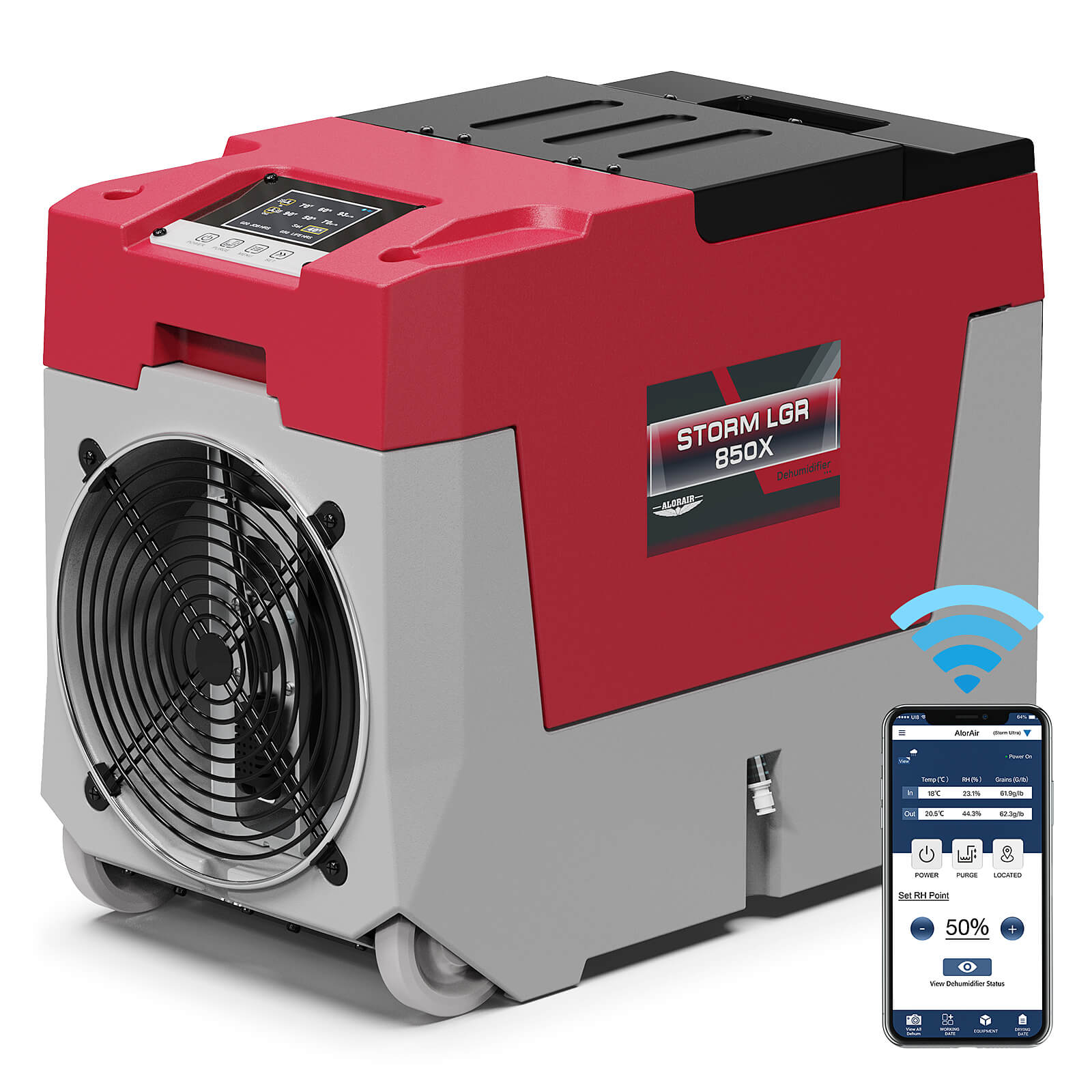
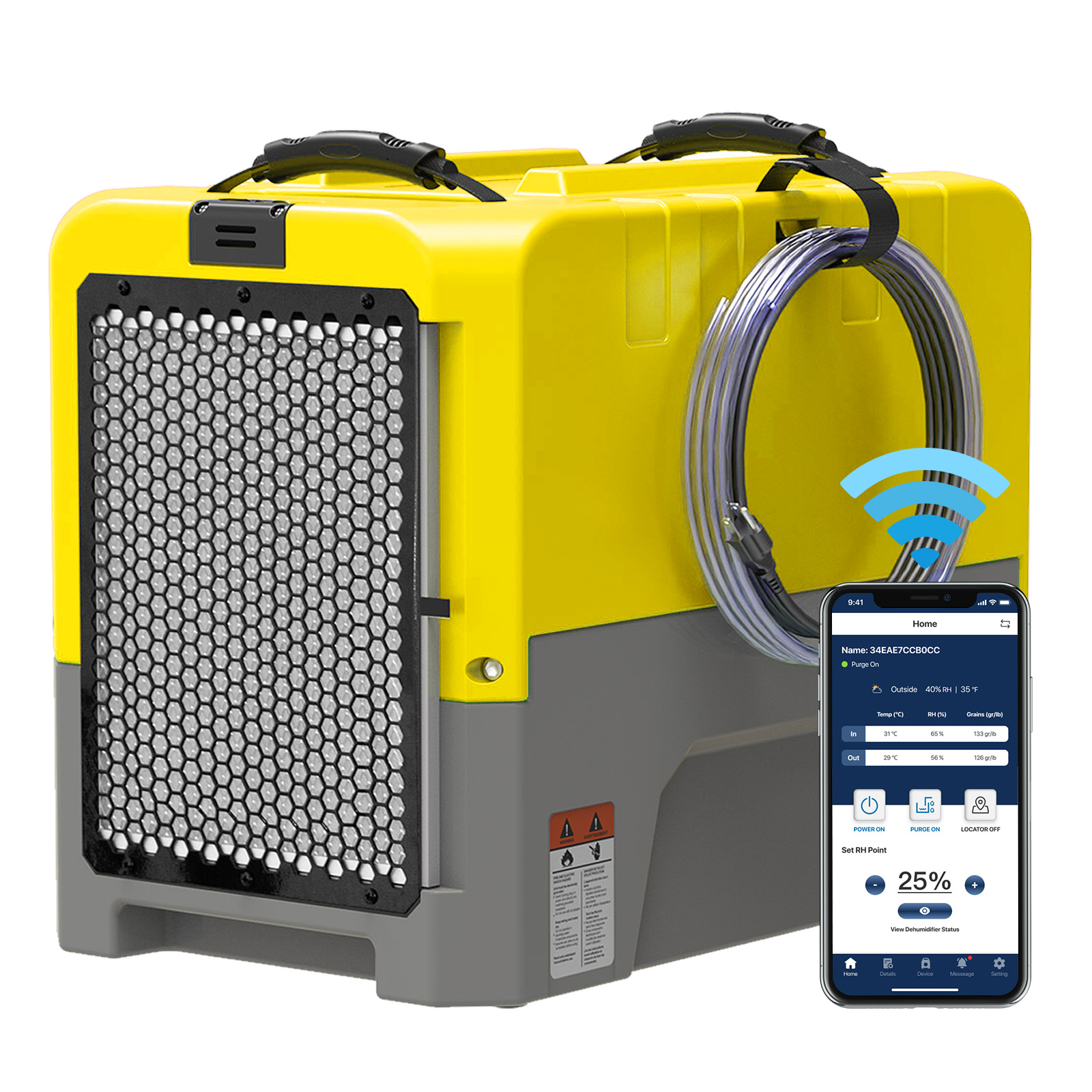
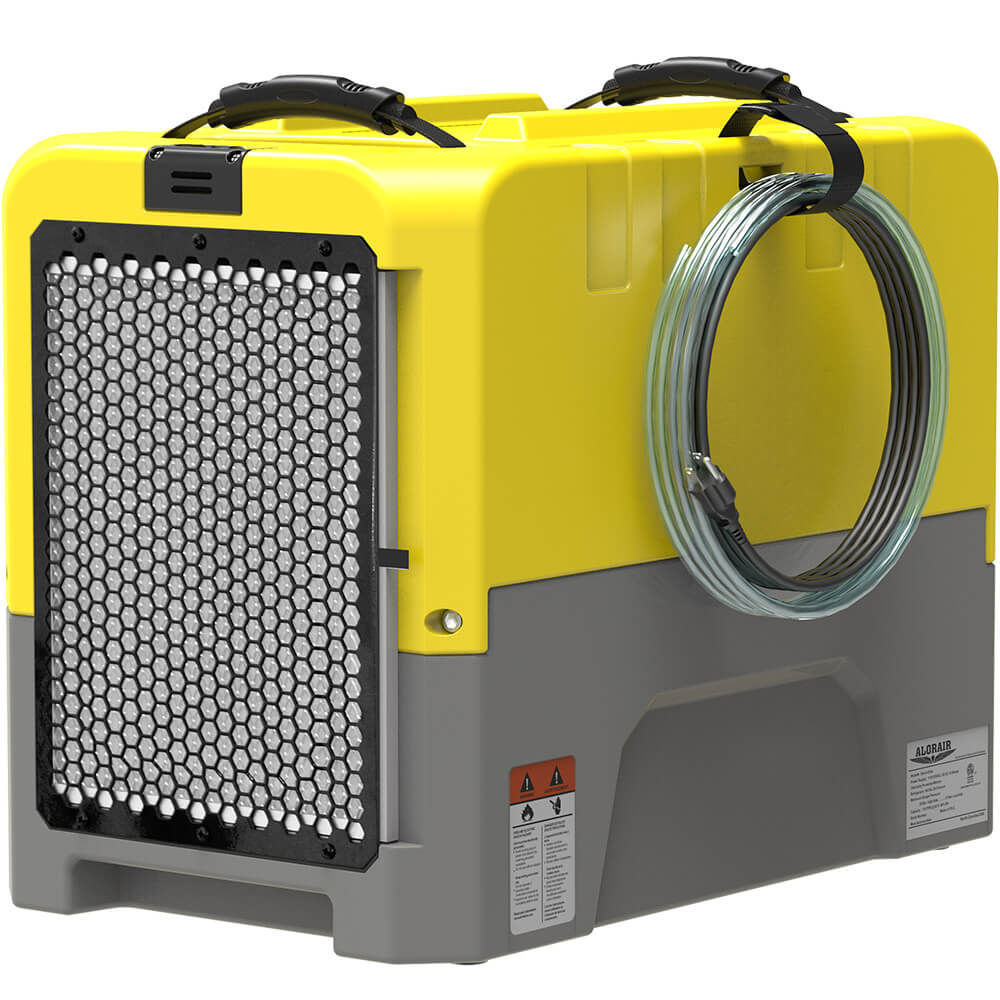
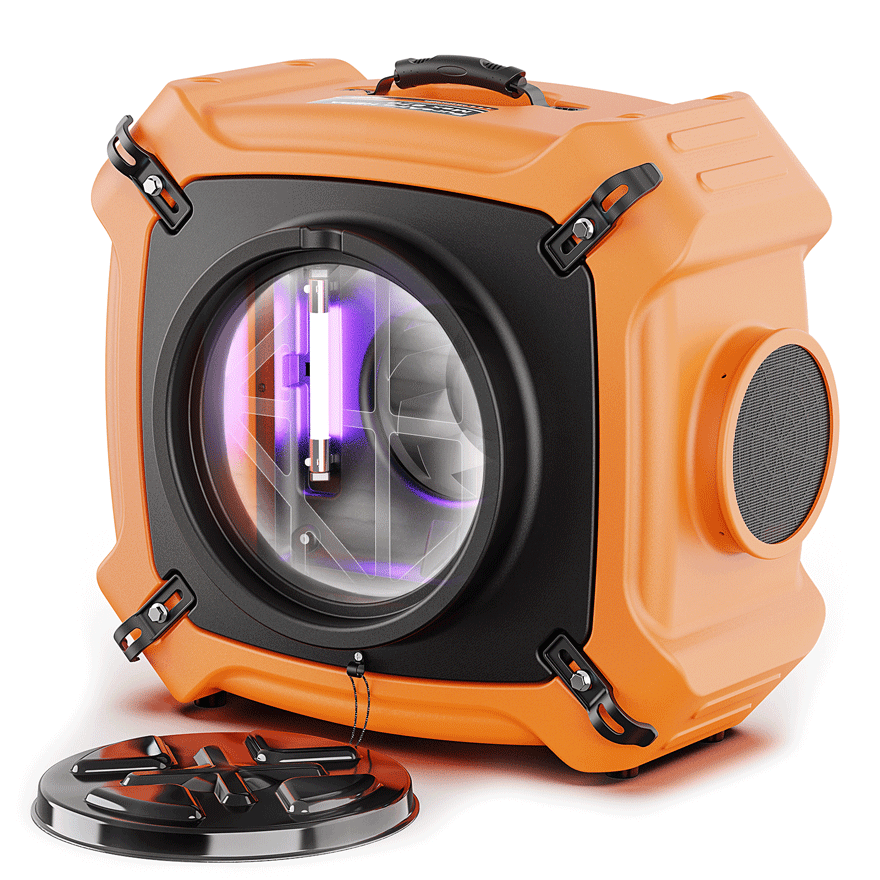
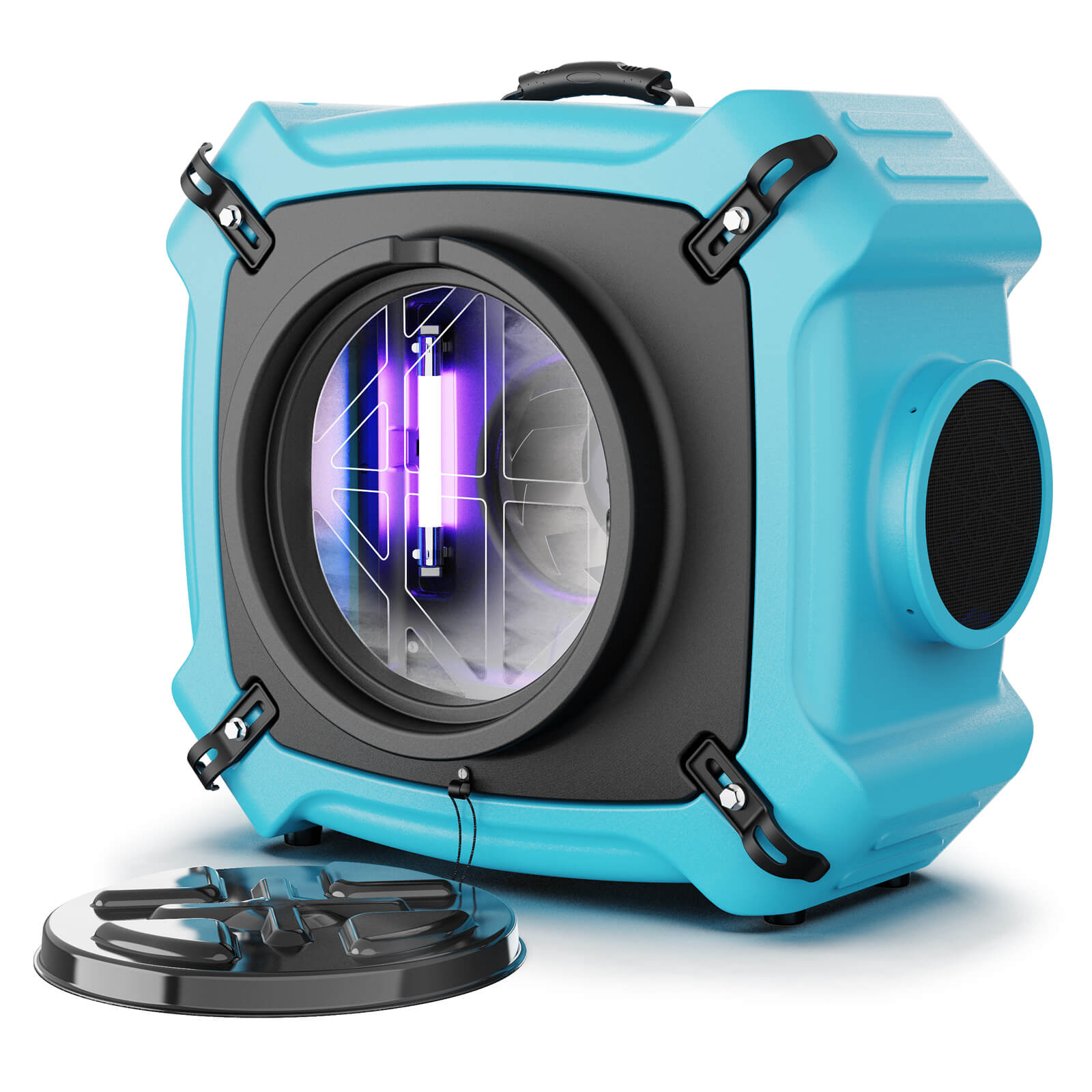
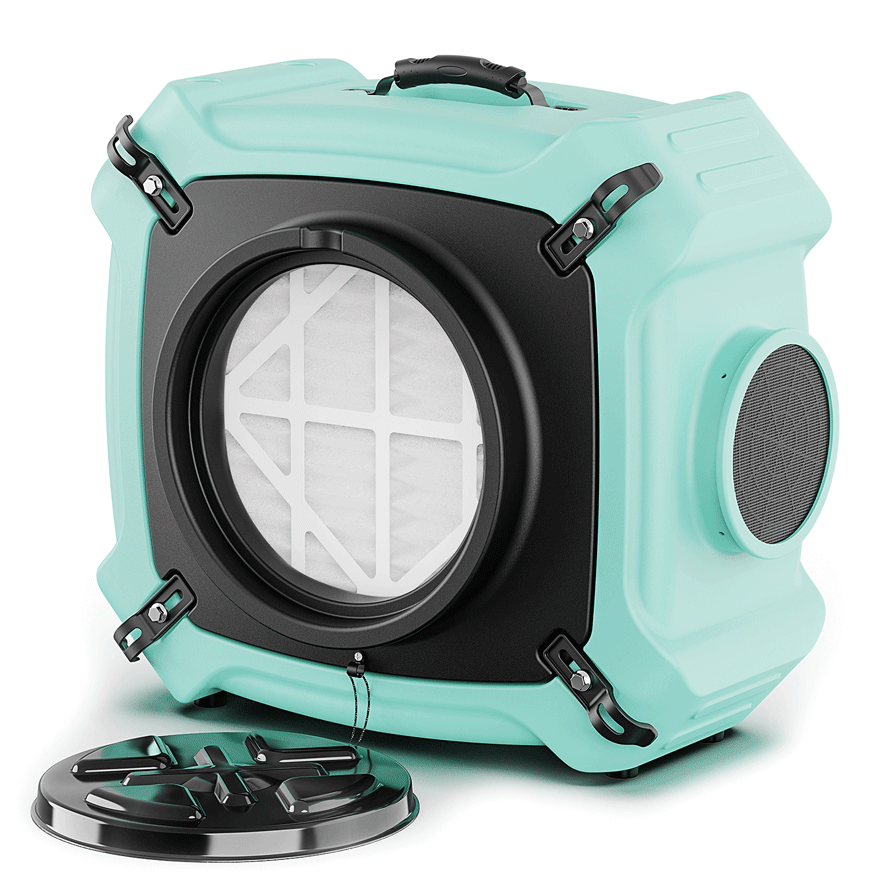
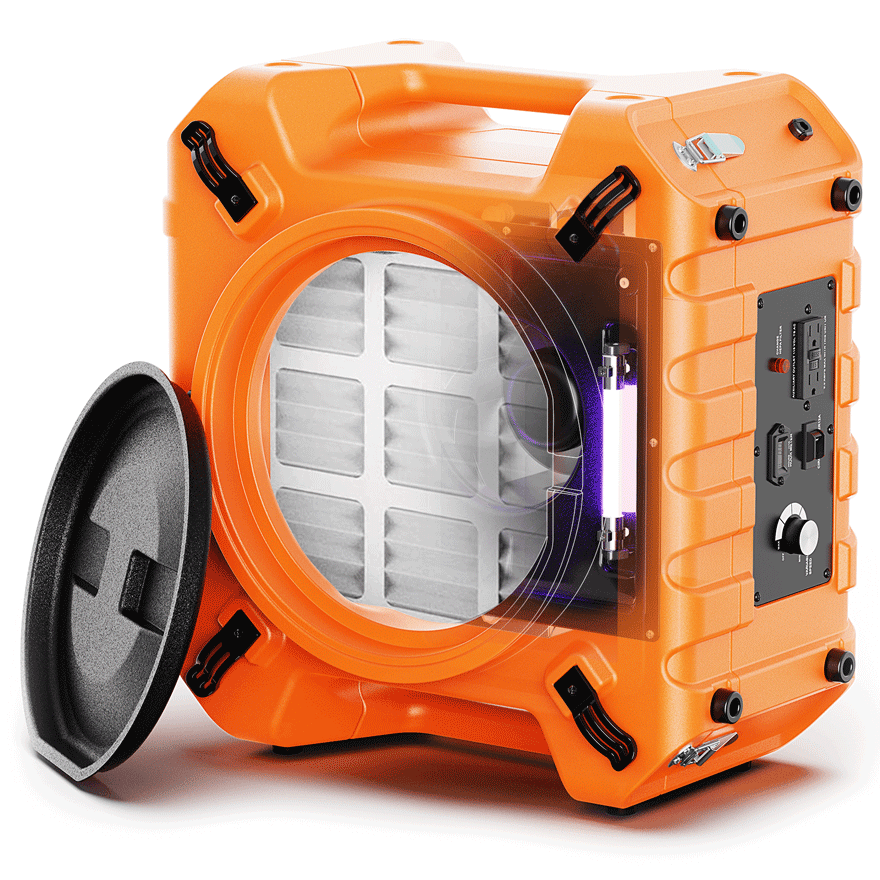
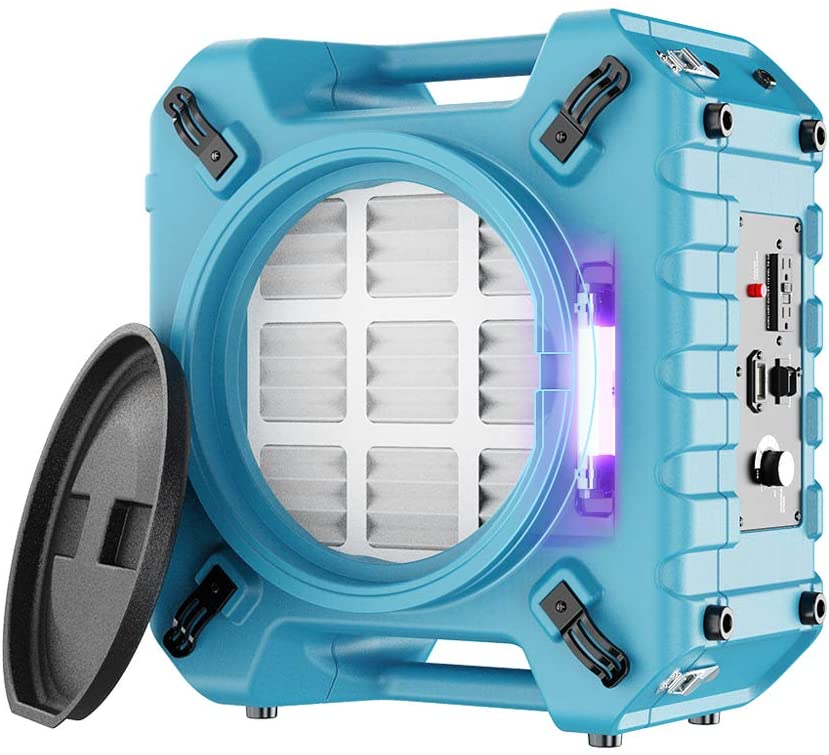
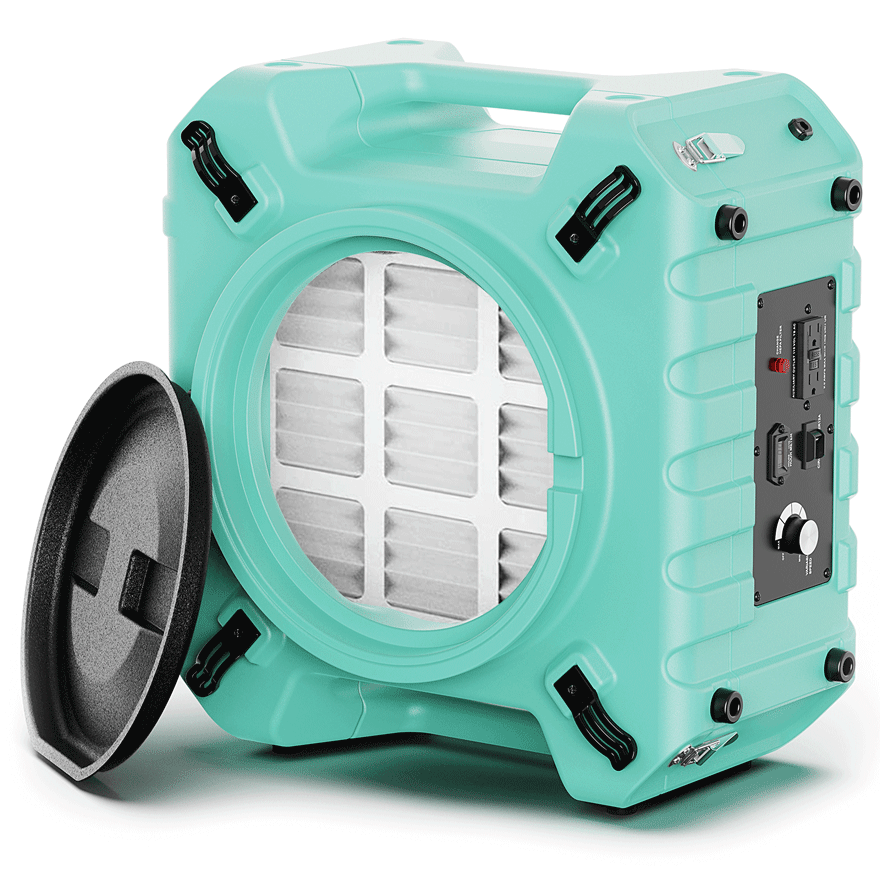
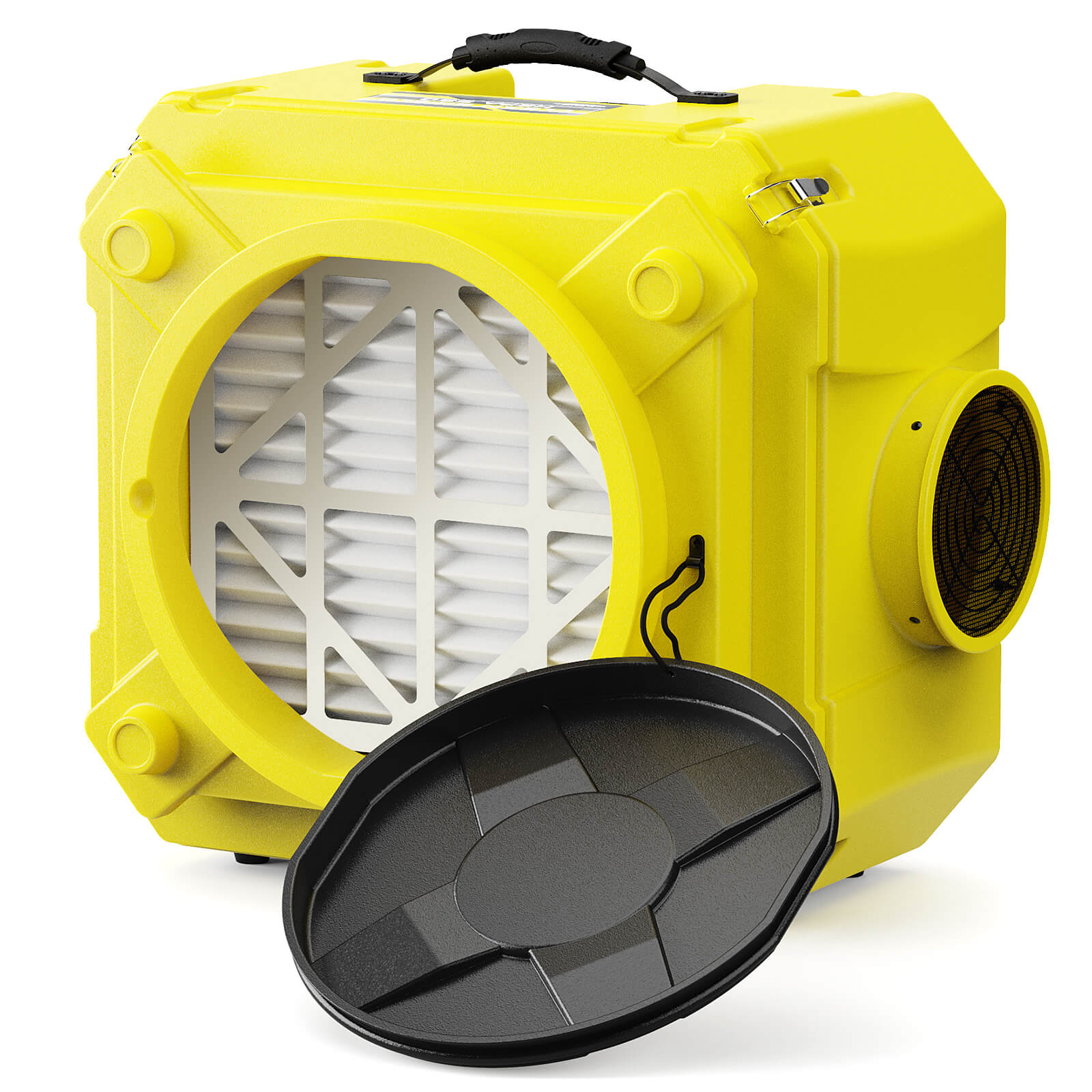
.jpg)
.jpg)
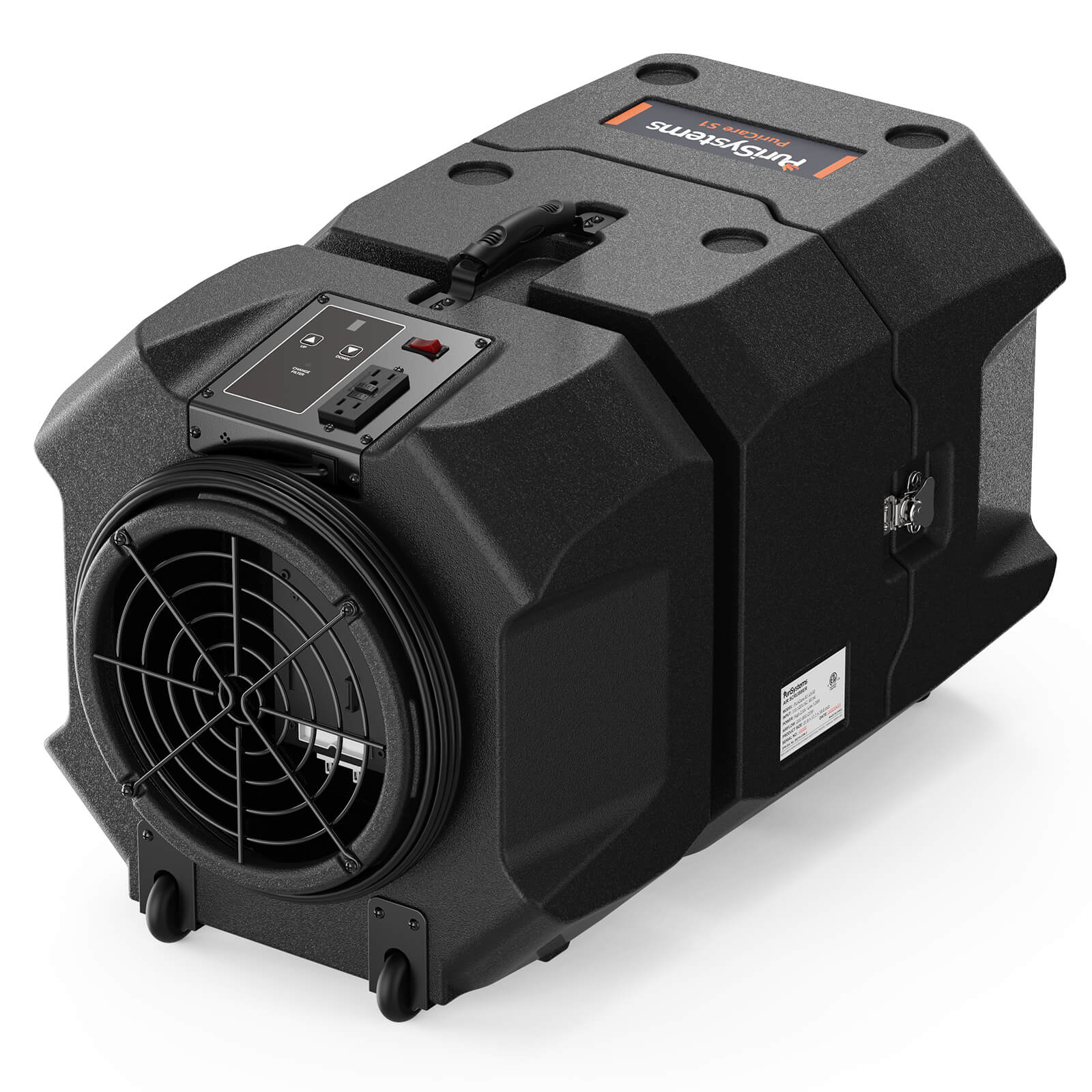
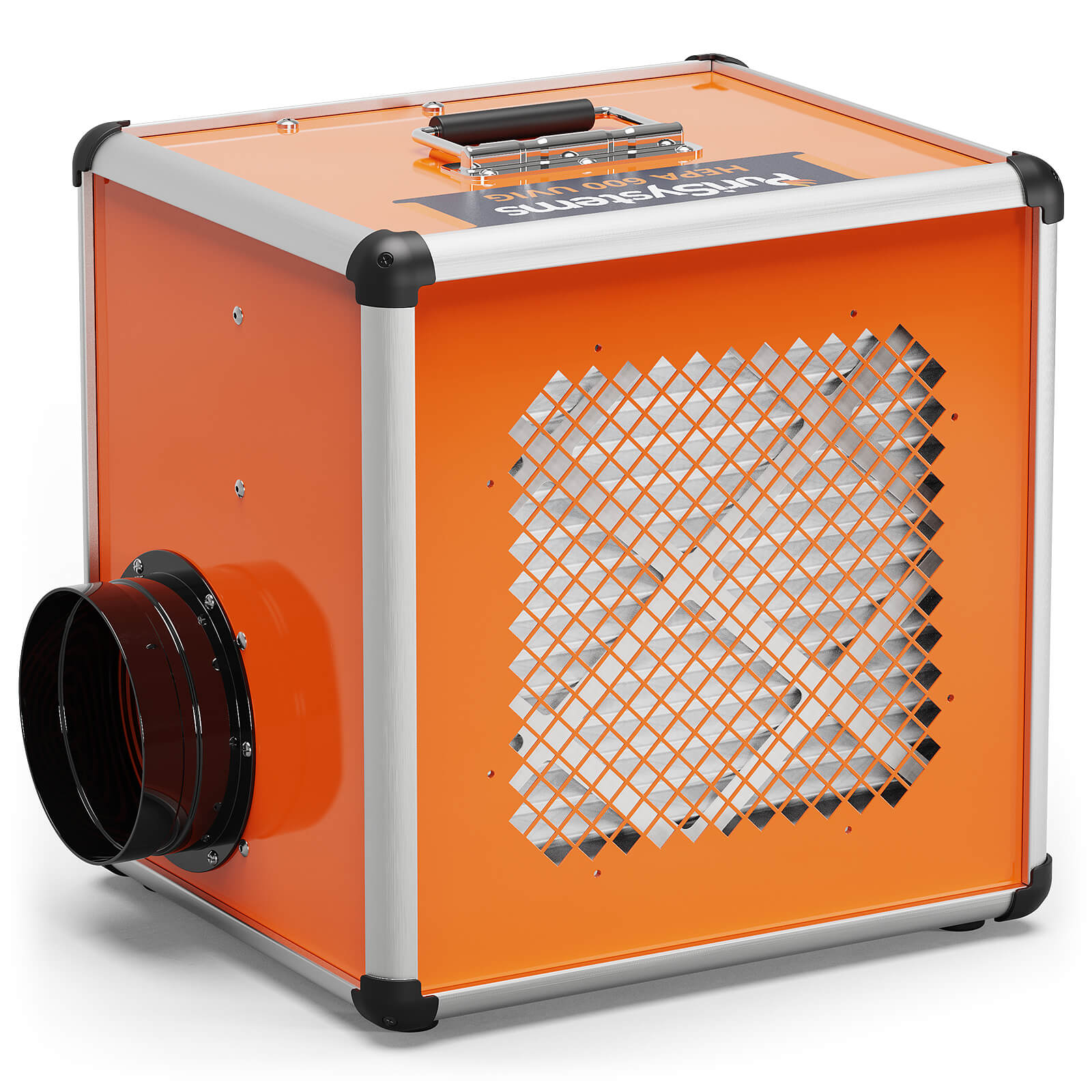
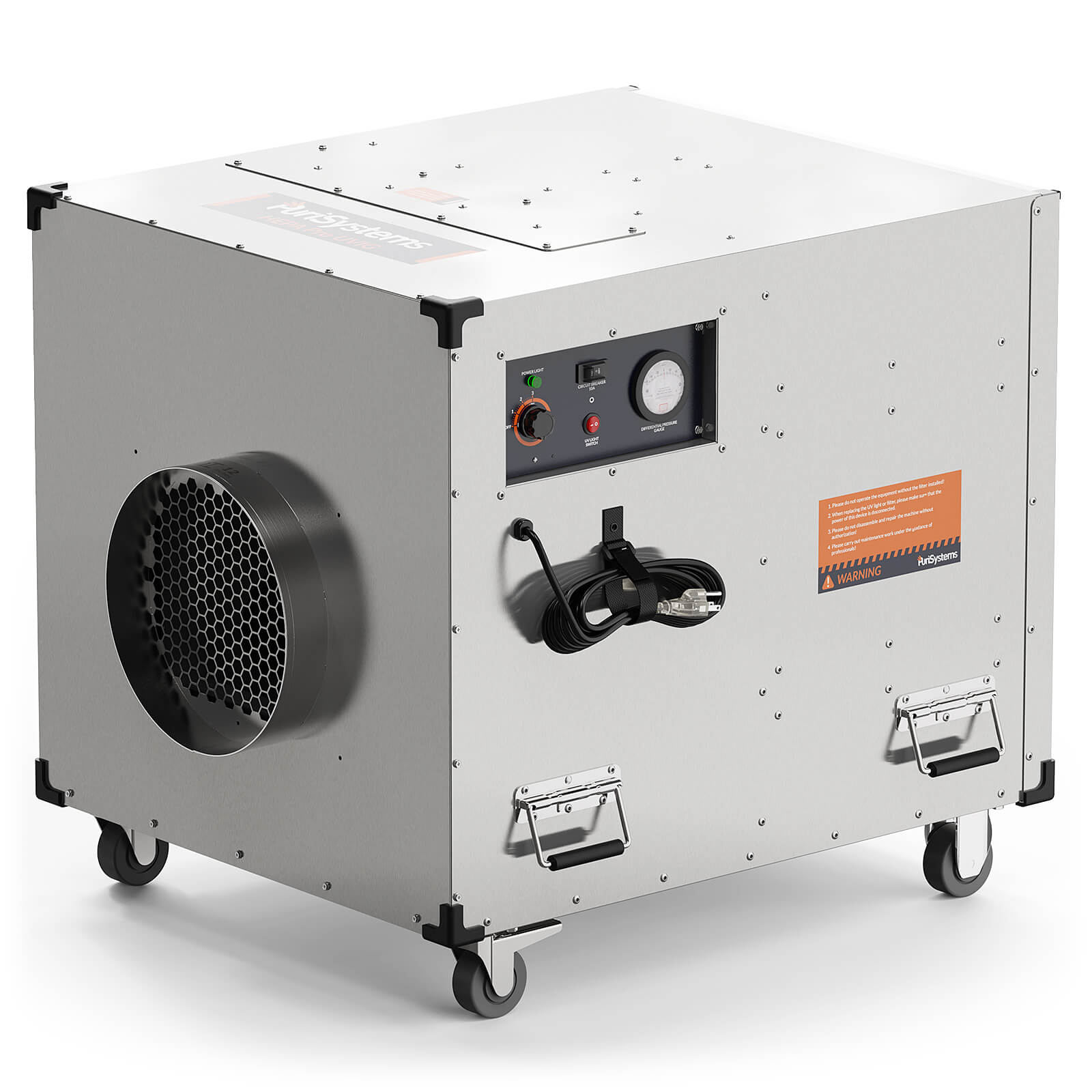
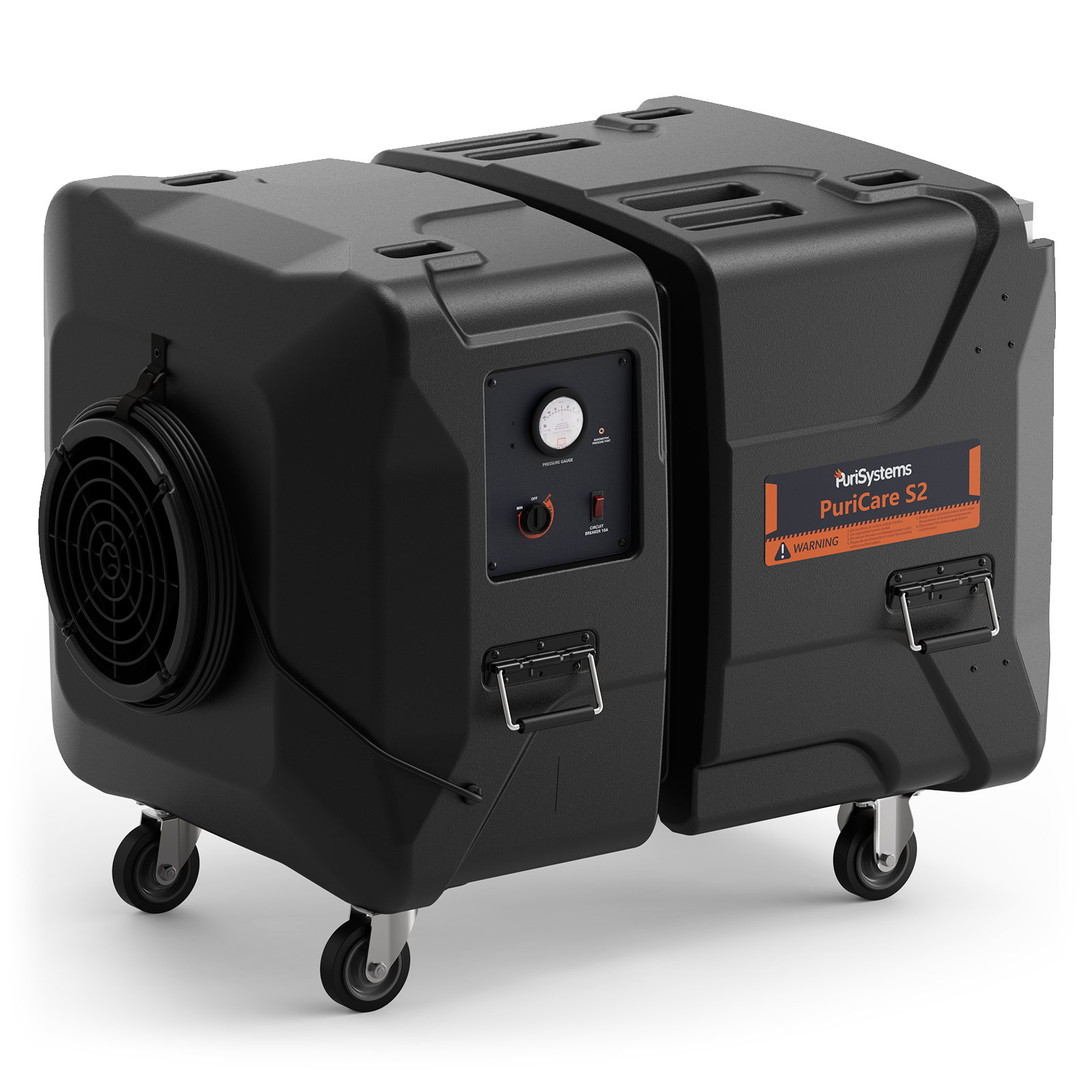
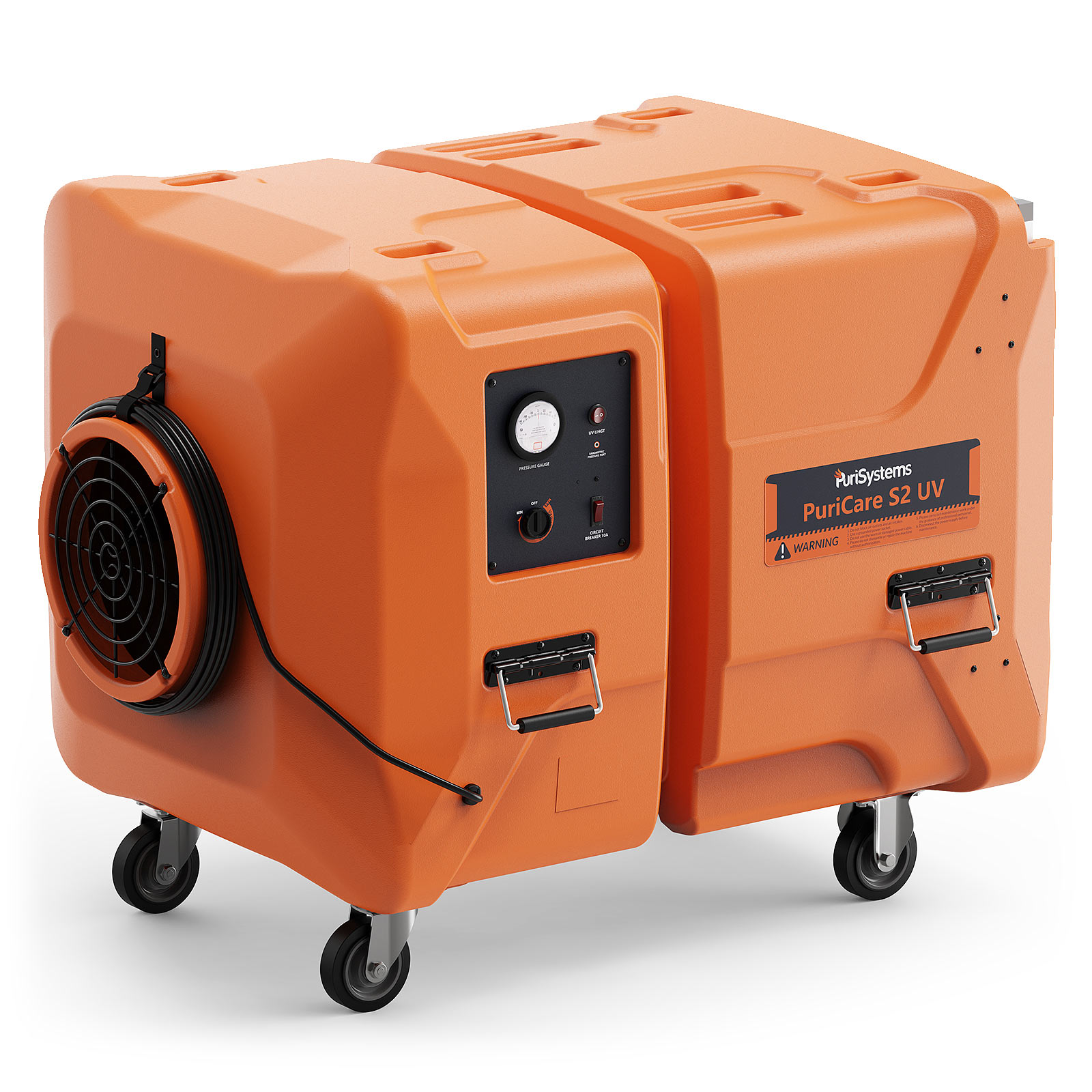
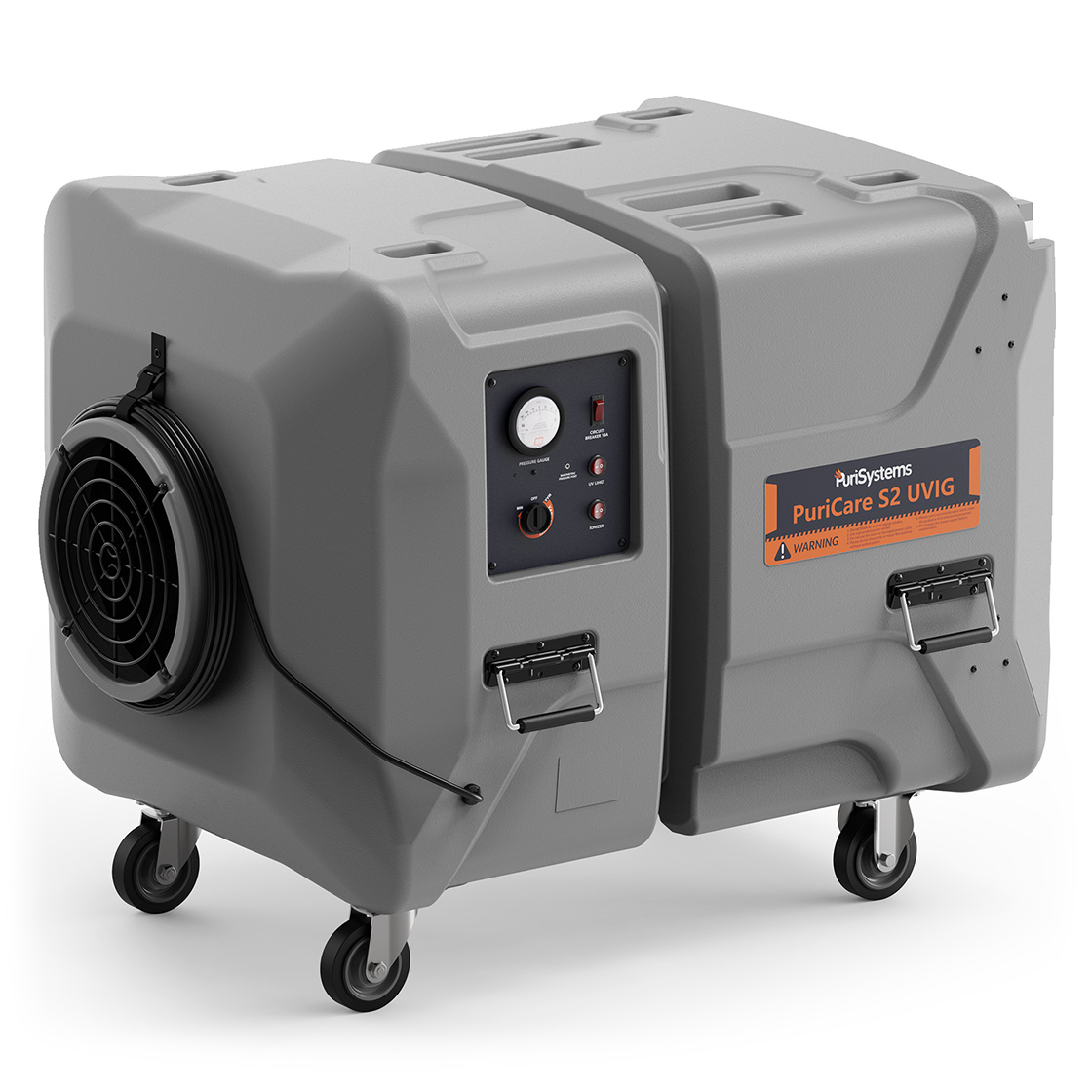
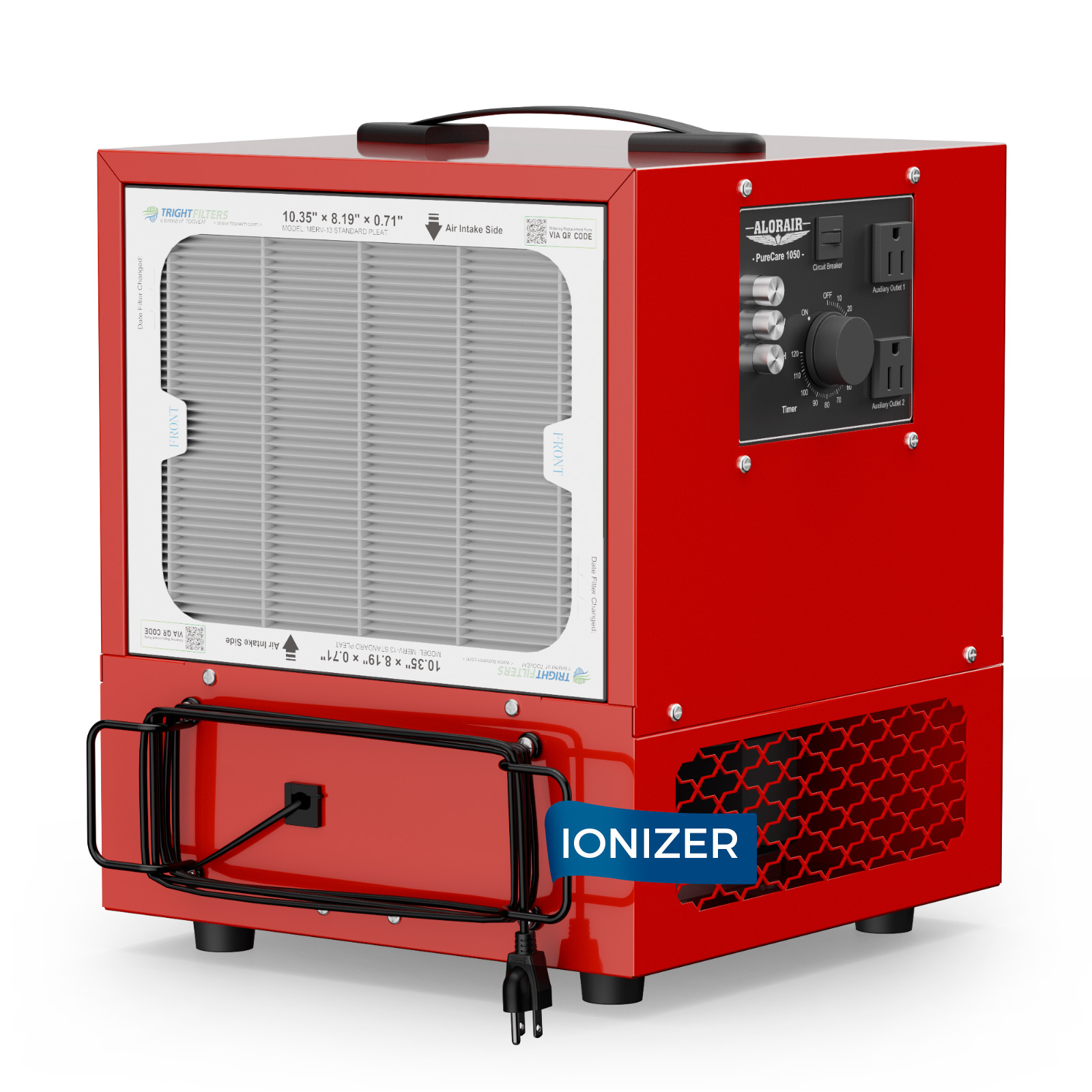
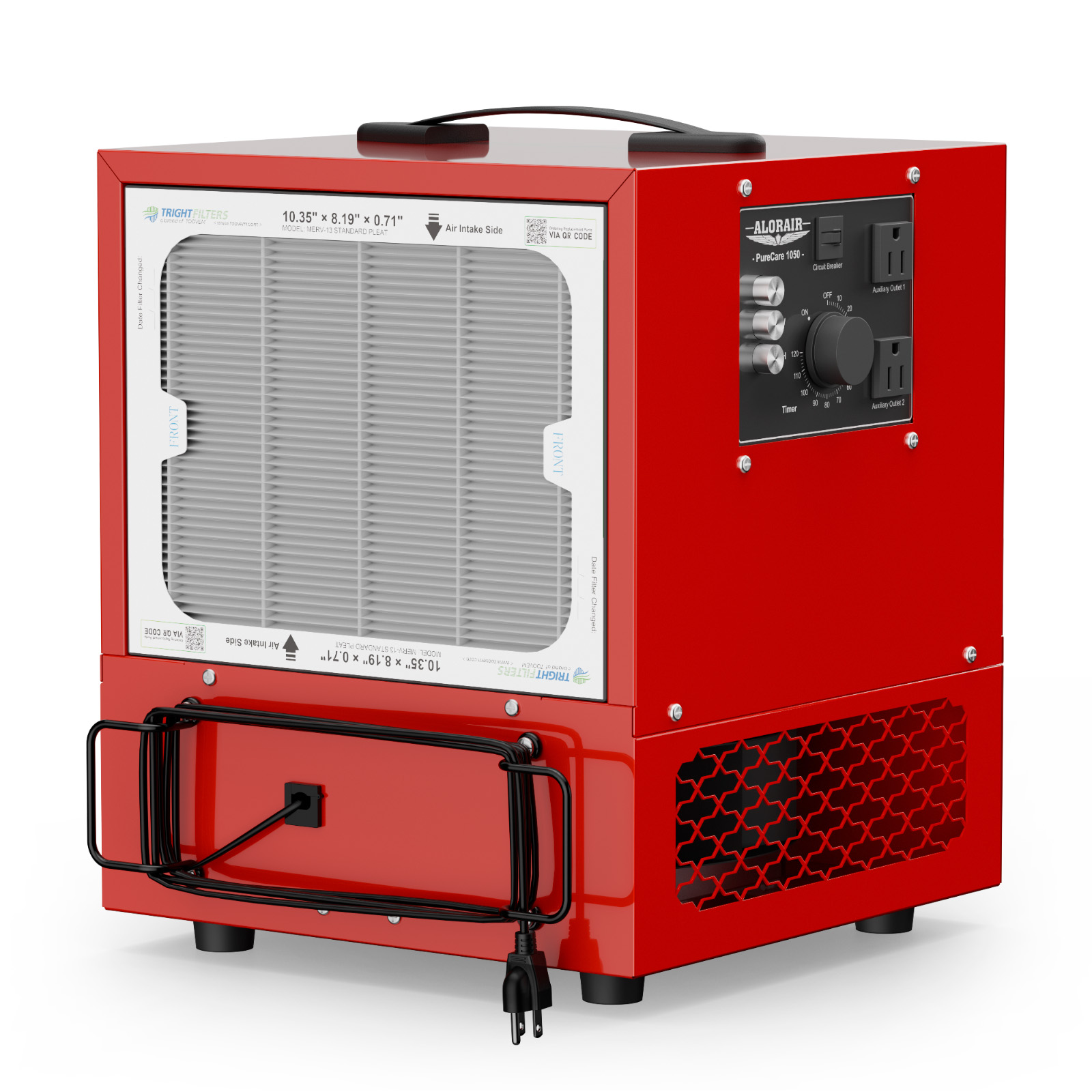
.jpg)
.jpg)
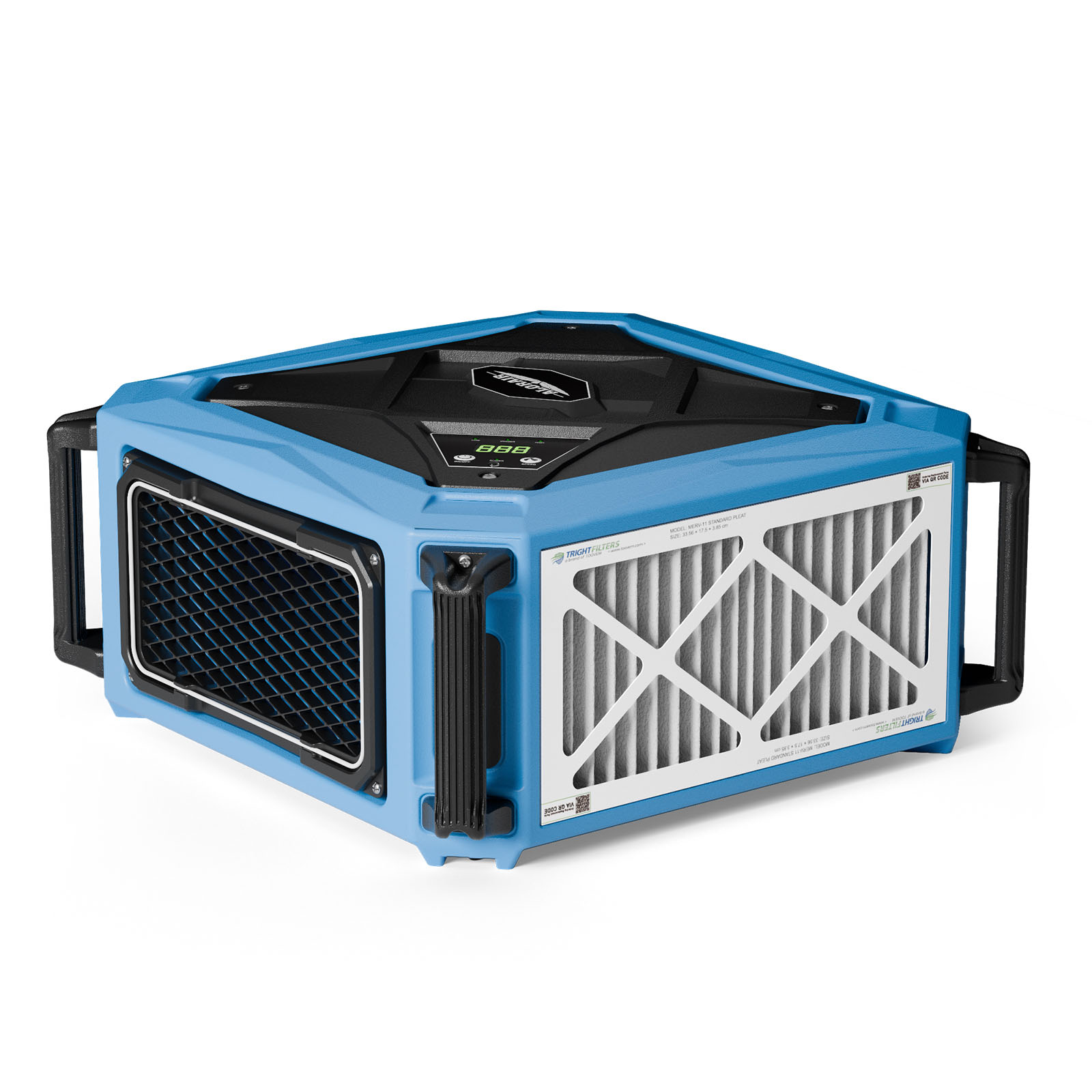
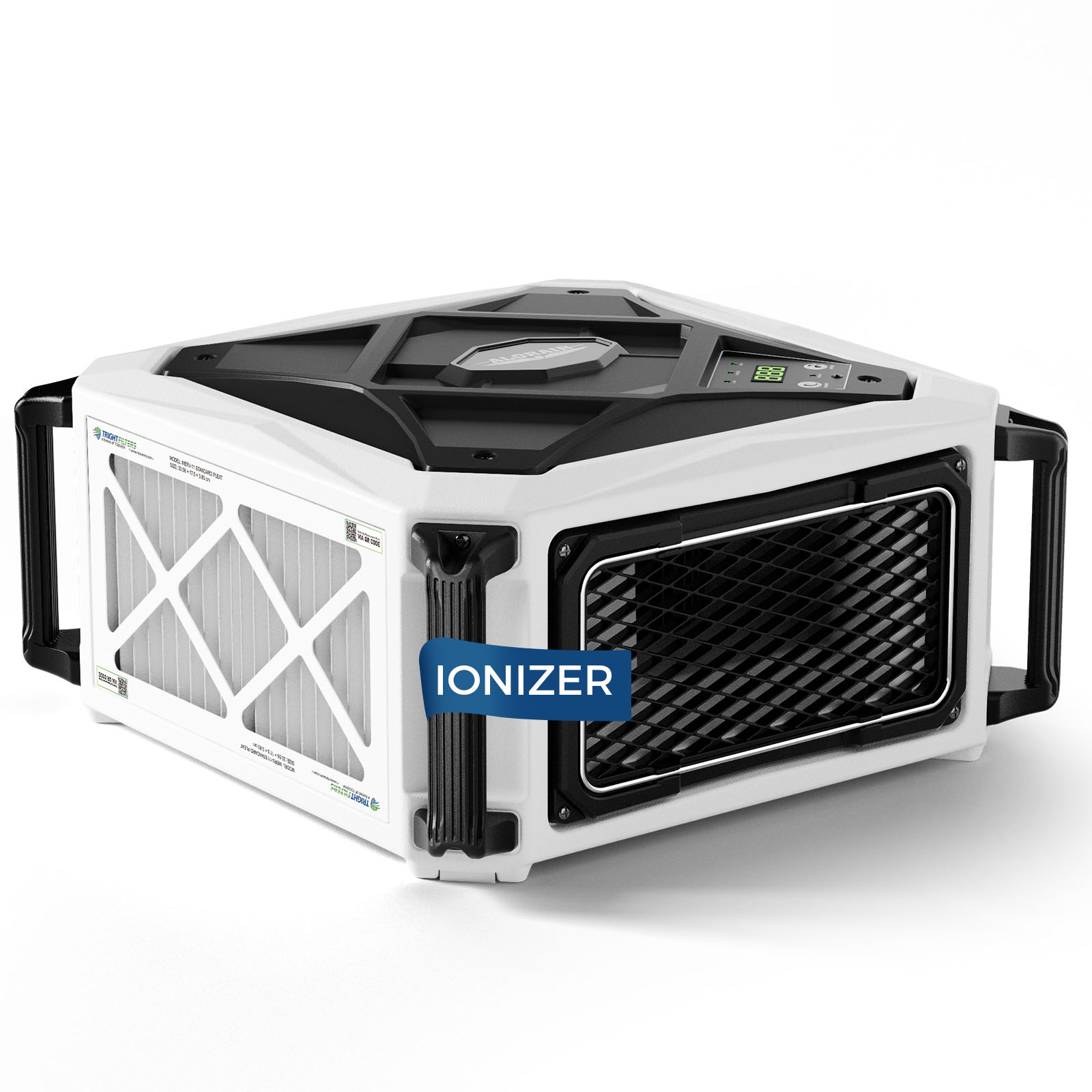
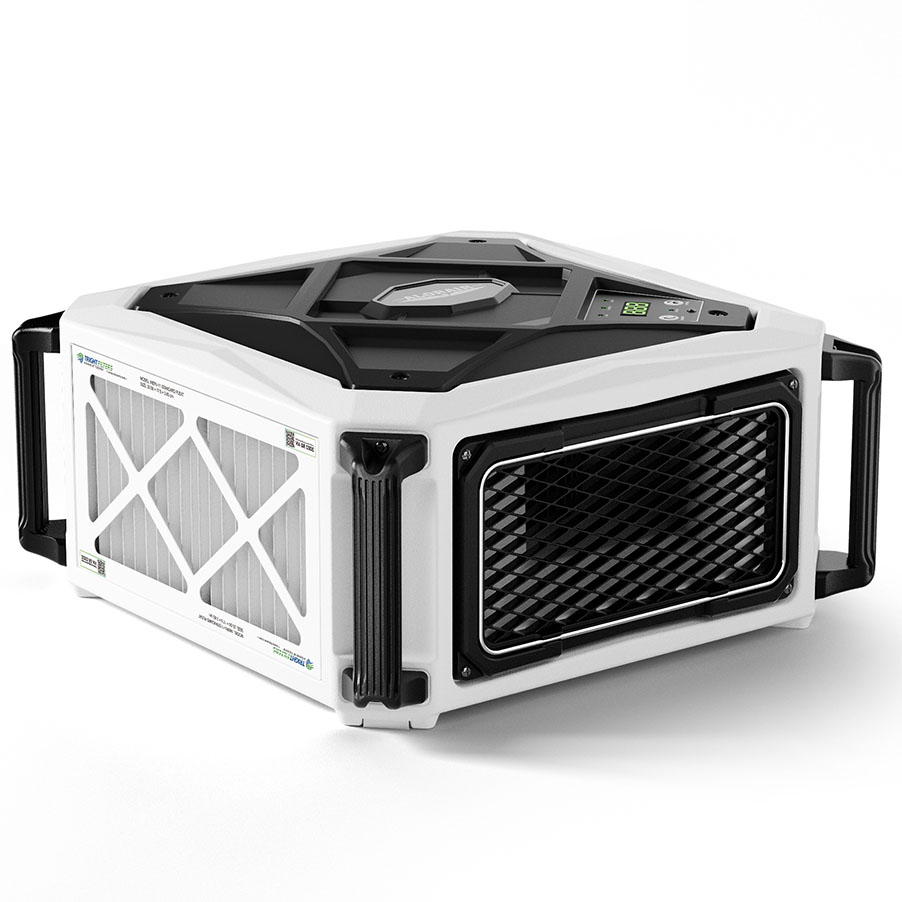
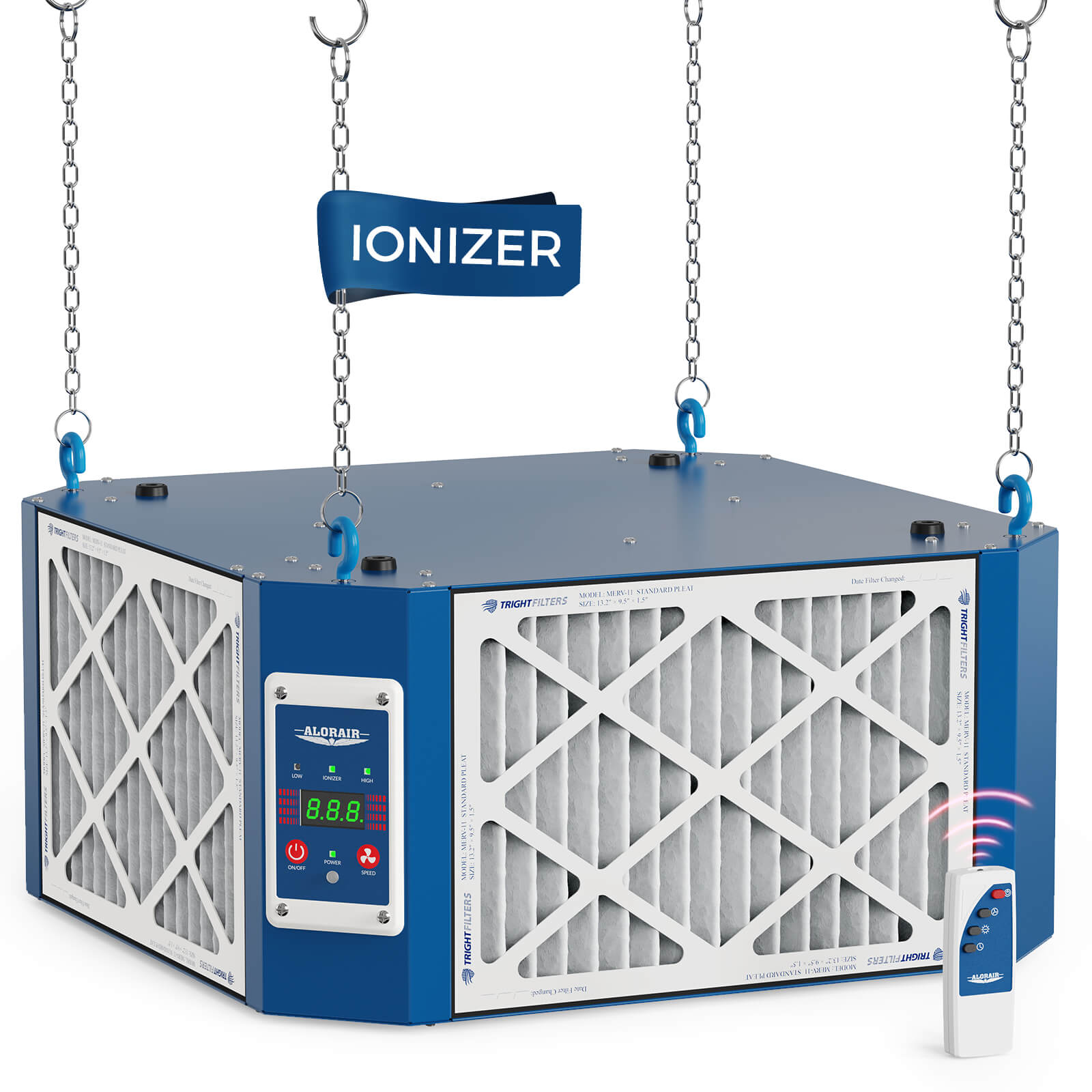
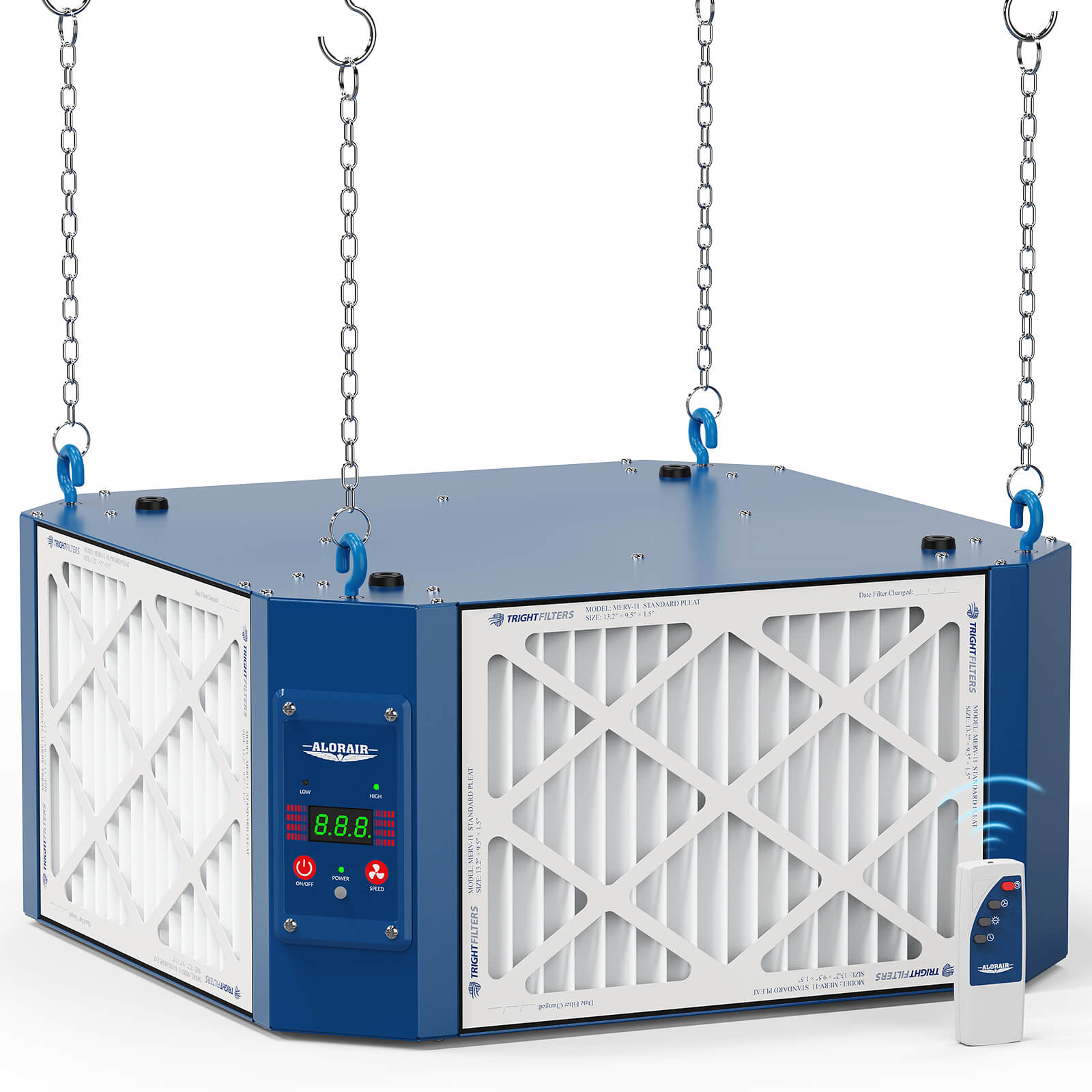
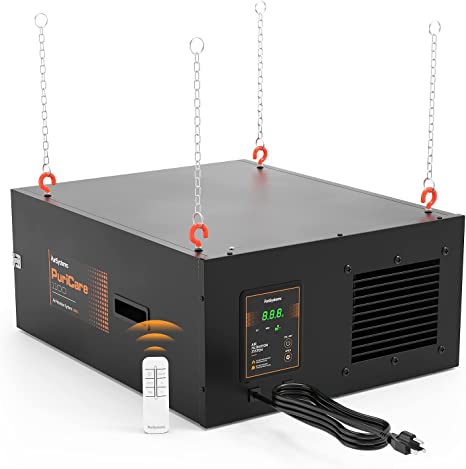
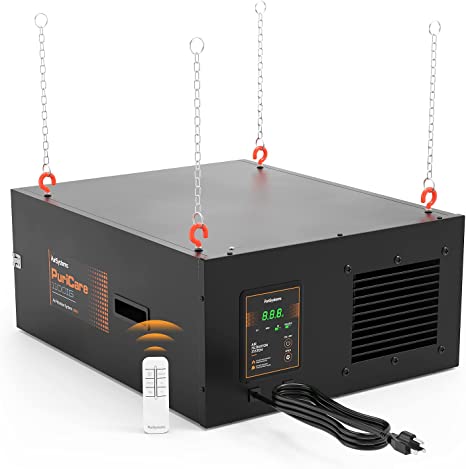
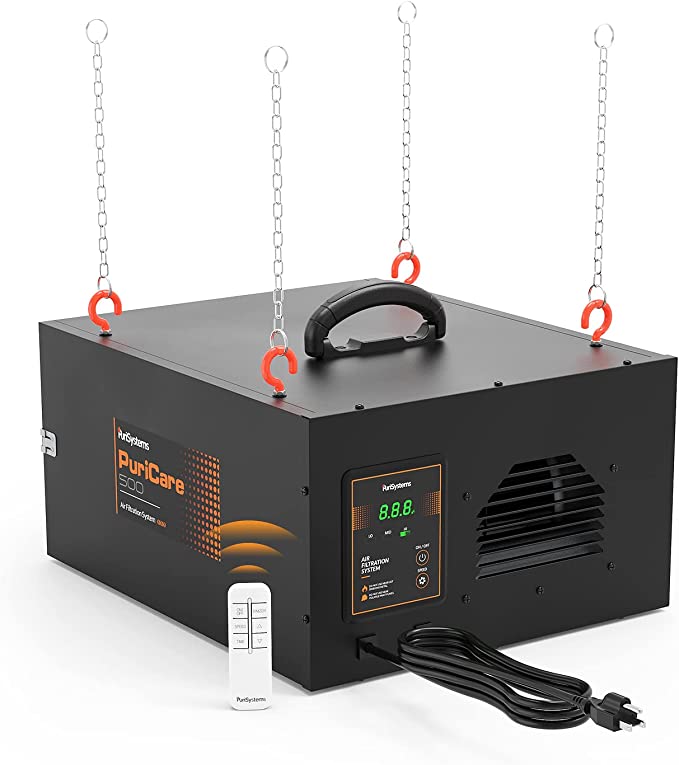
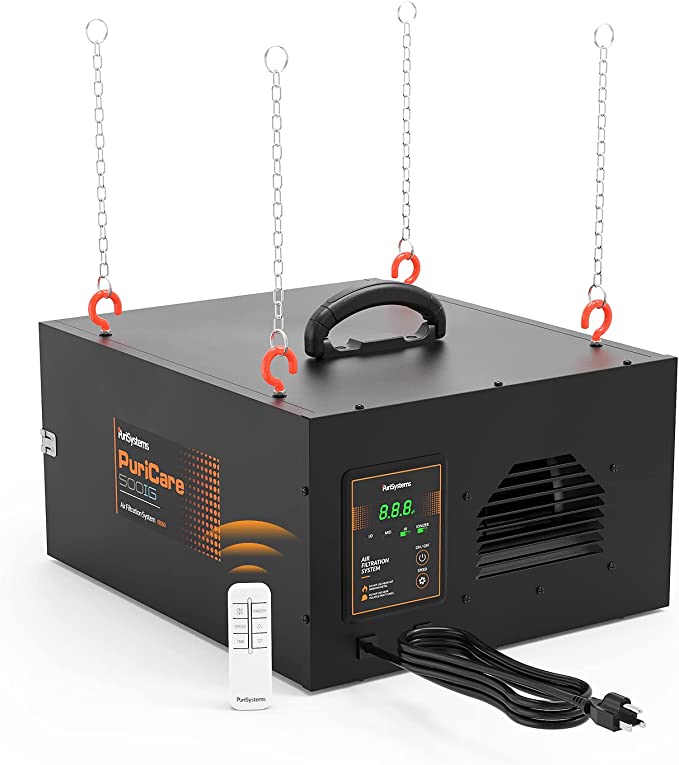
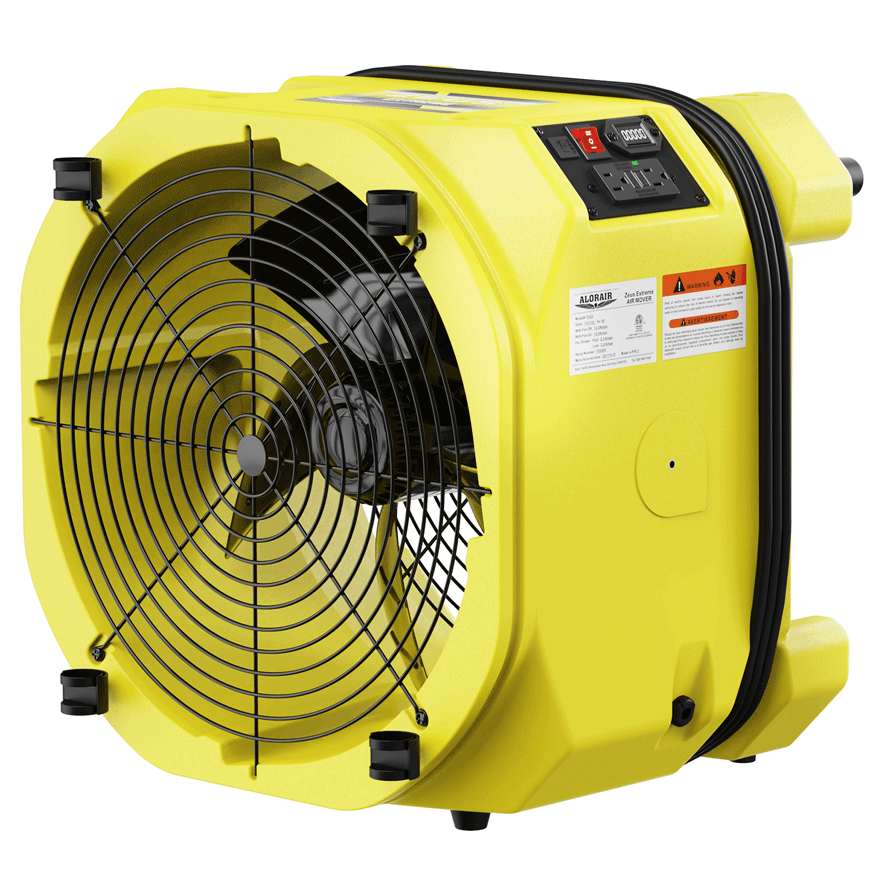
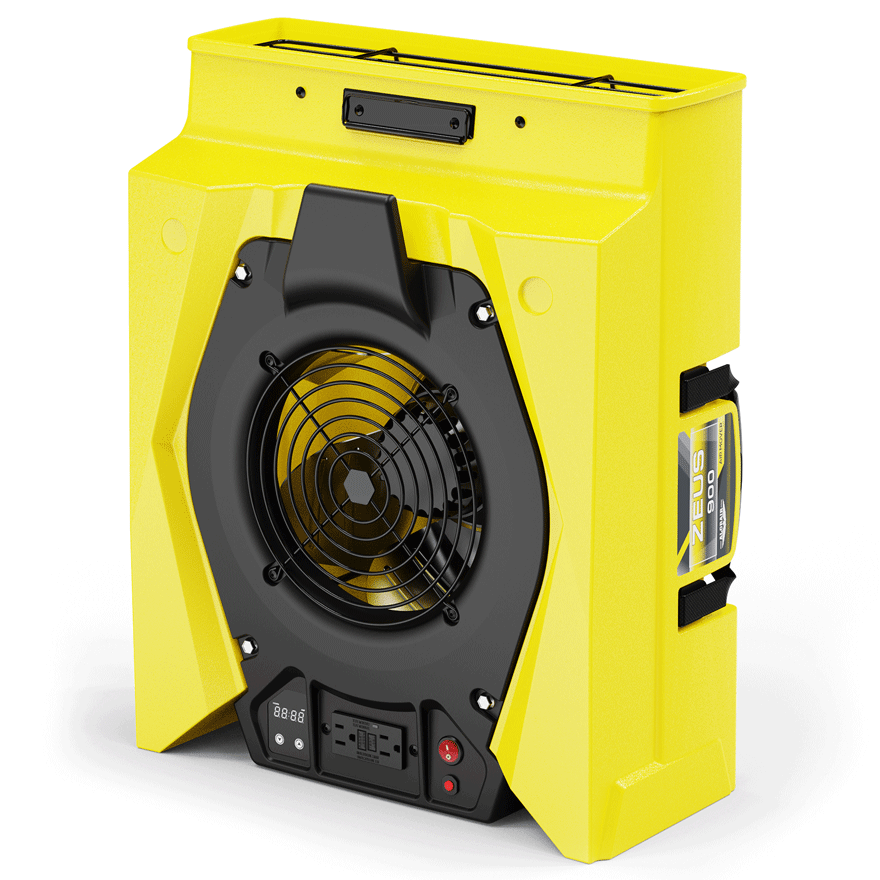
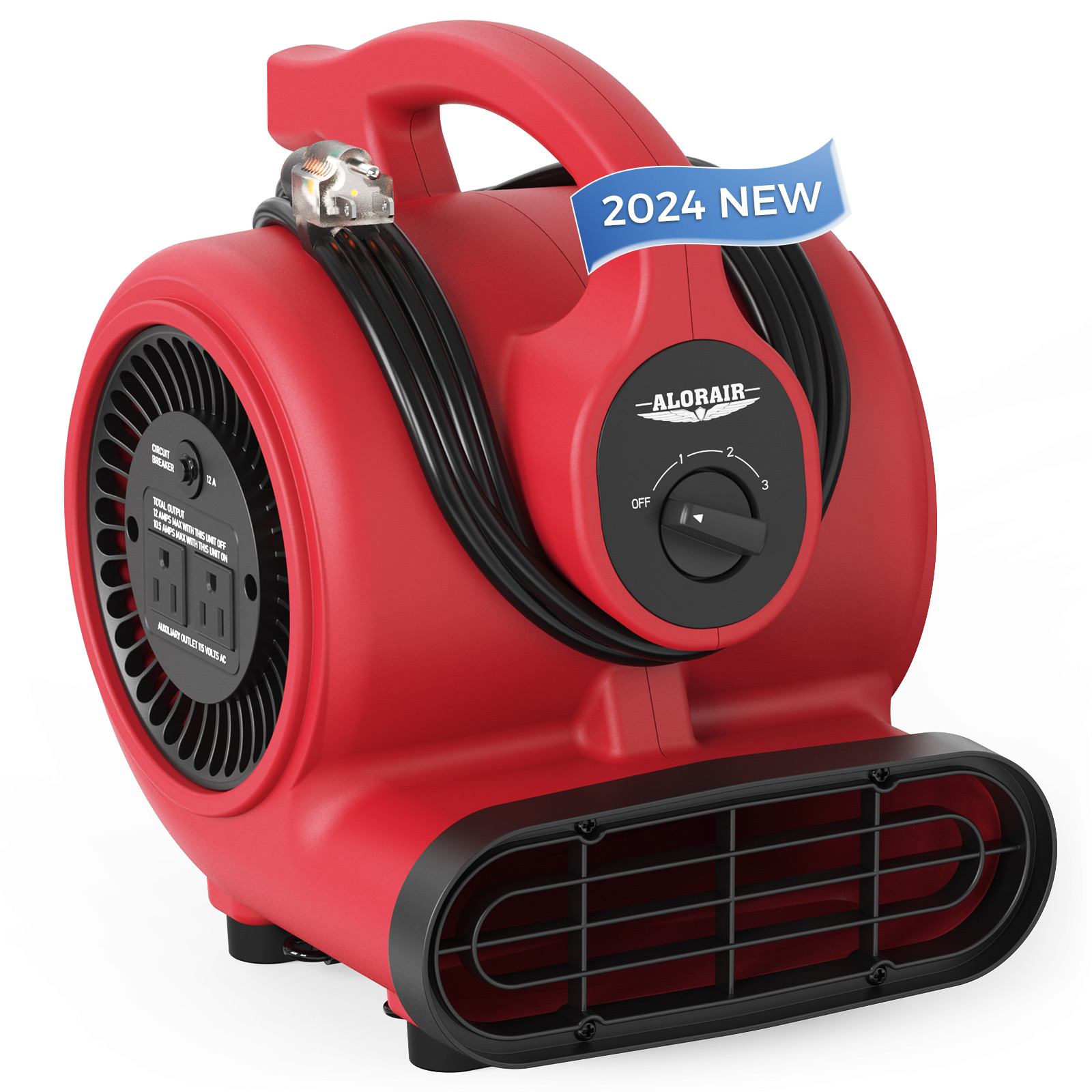
.webp)
.webp)
.webp)
.webp)
.jpg)
.jpg)
.jpg)
.jpg)
.jpg)
.jpg)
.jpg)
.jpg)
.jpg)
.jpg)
.jpg)
.jpg)
.jpg)
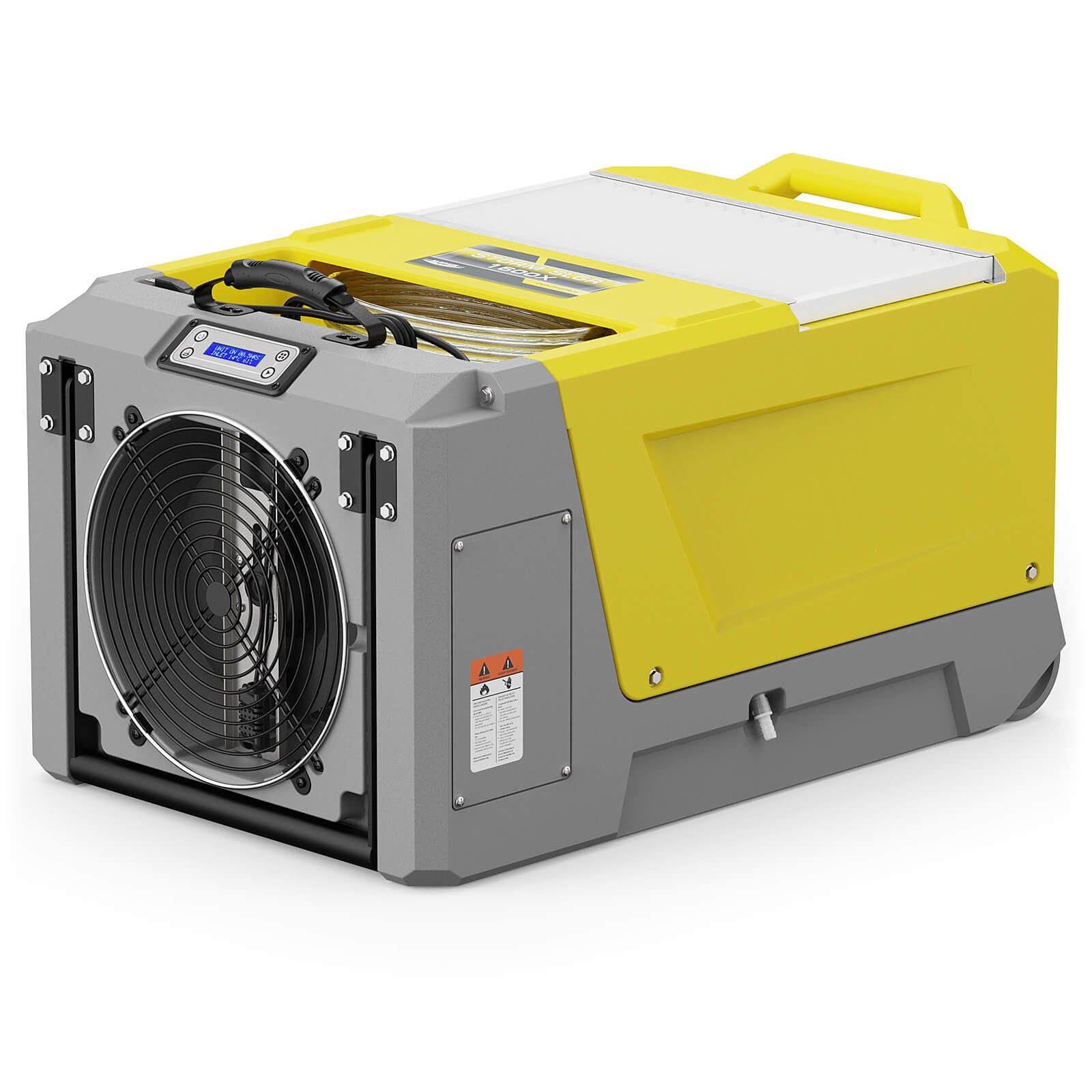
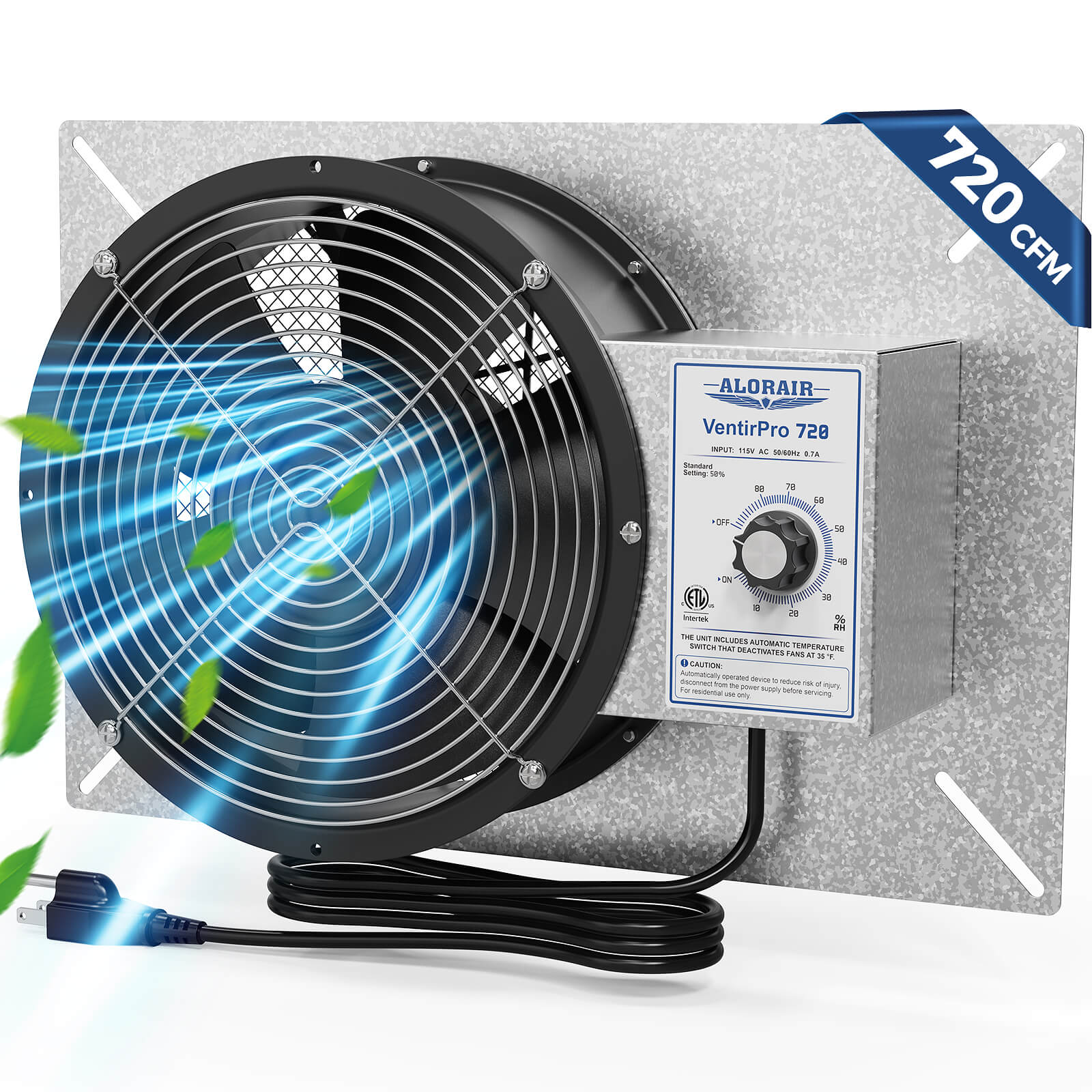
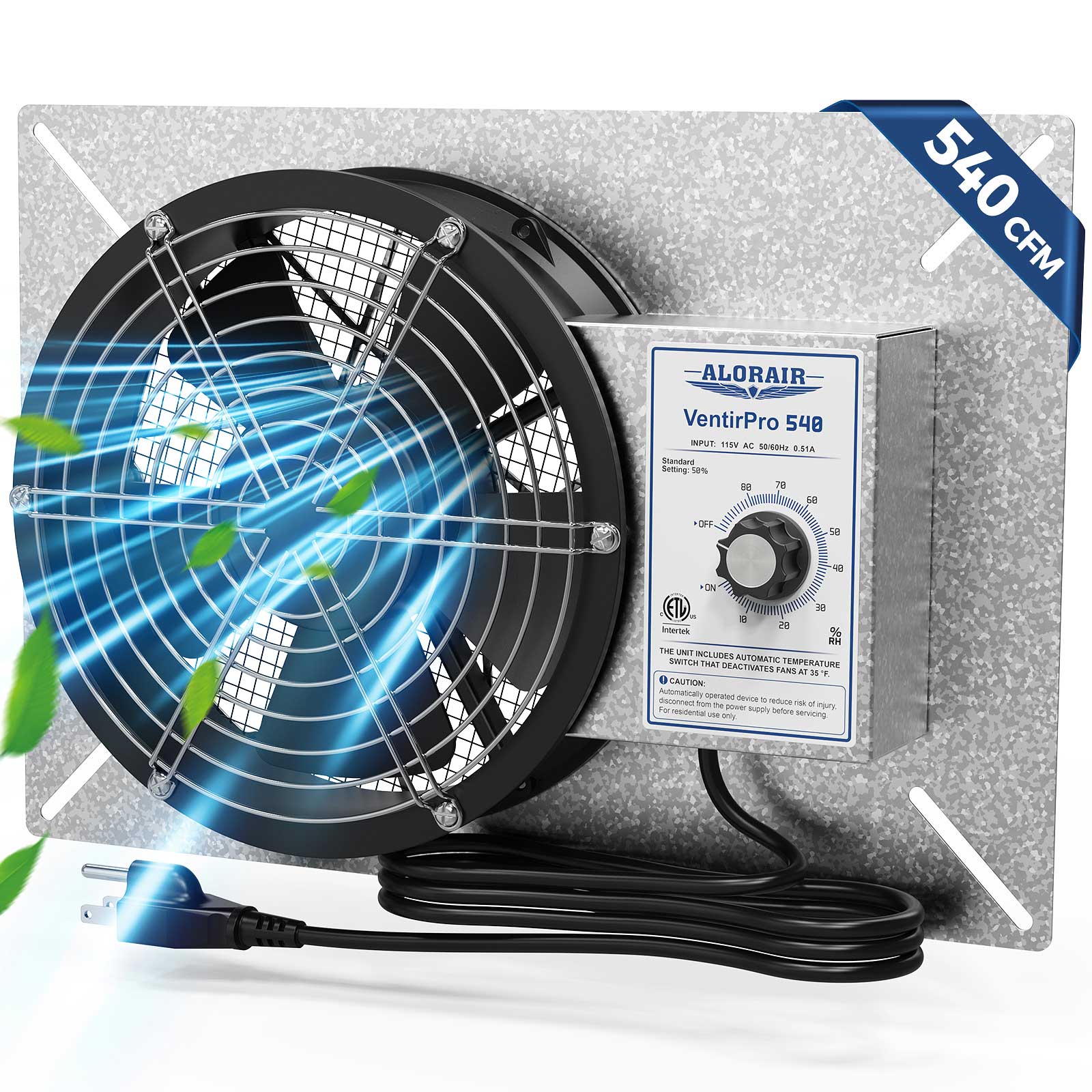
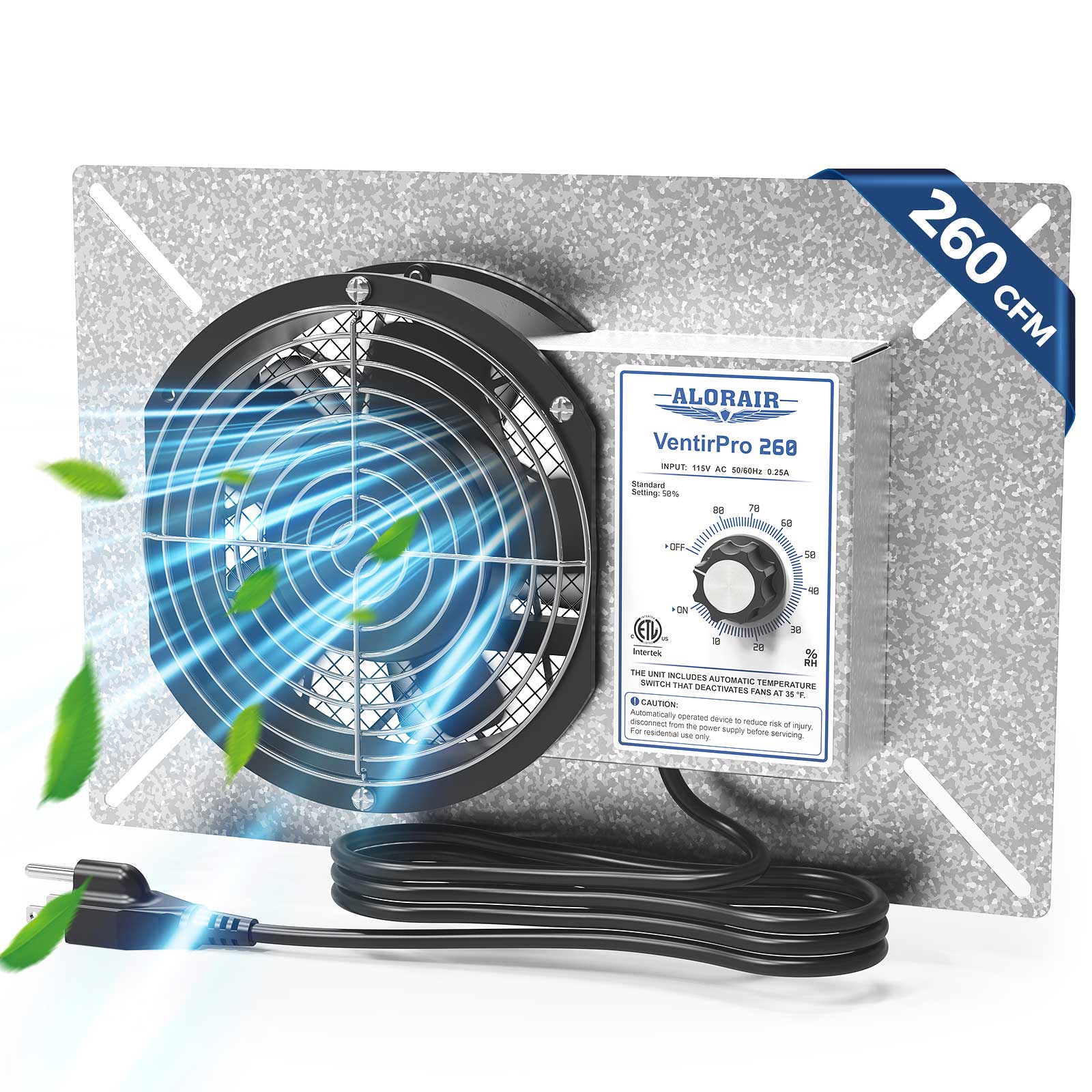
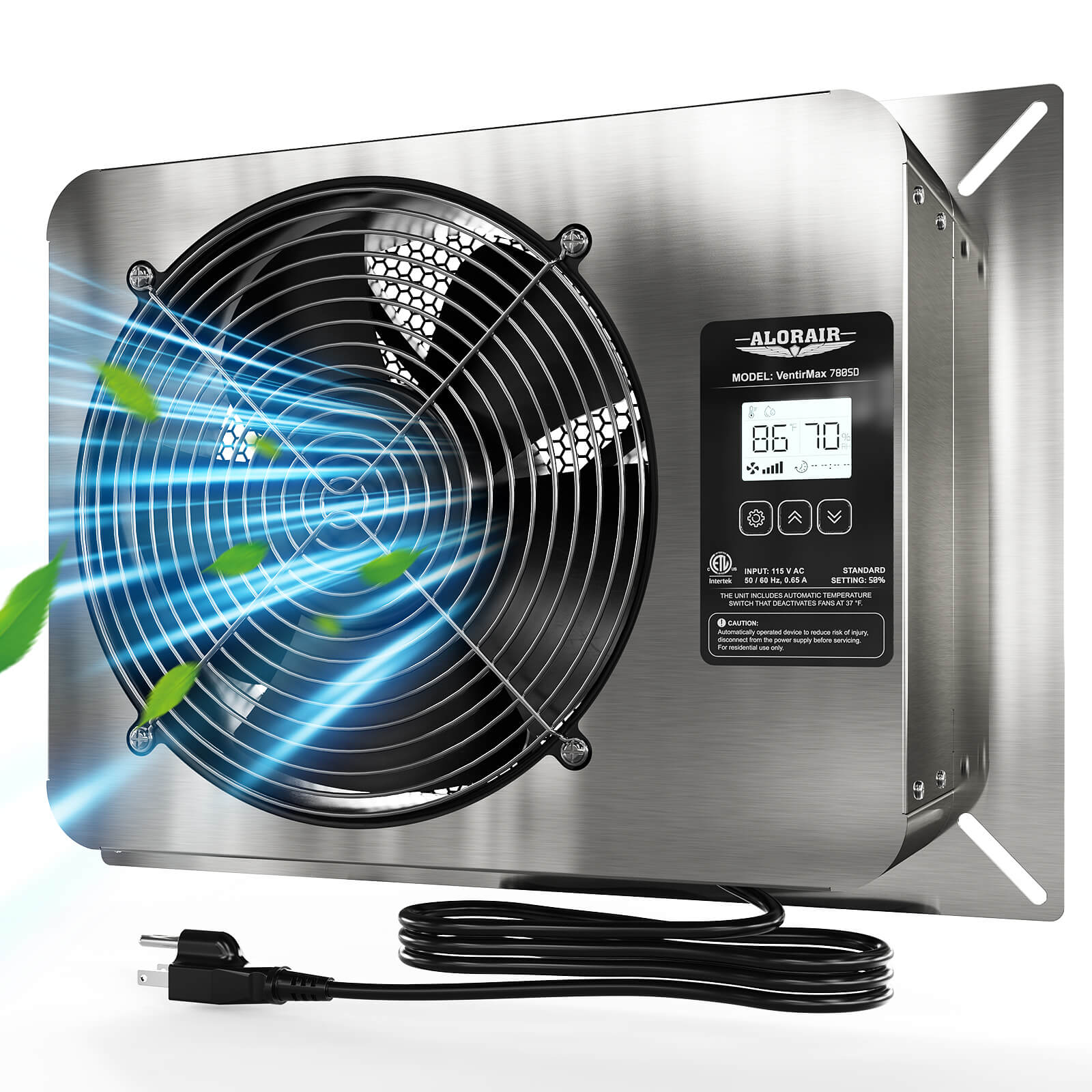
.jpg)
.jpg)
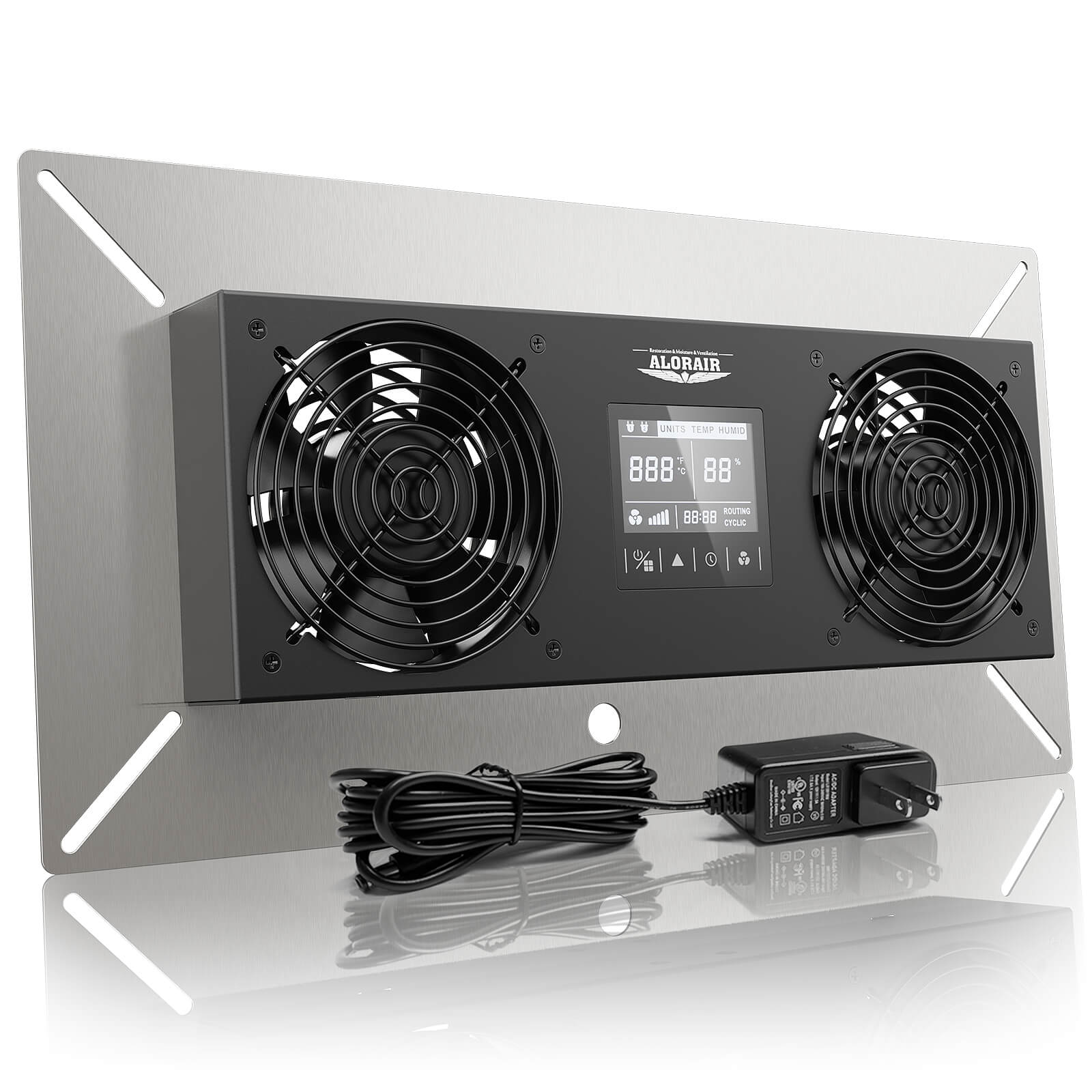
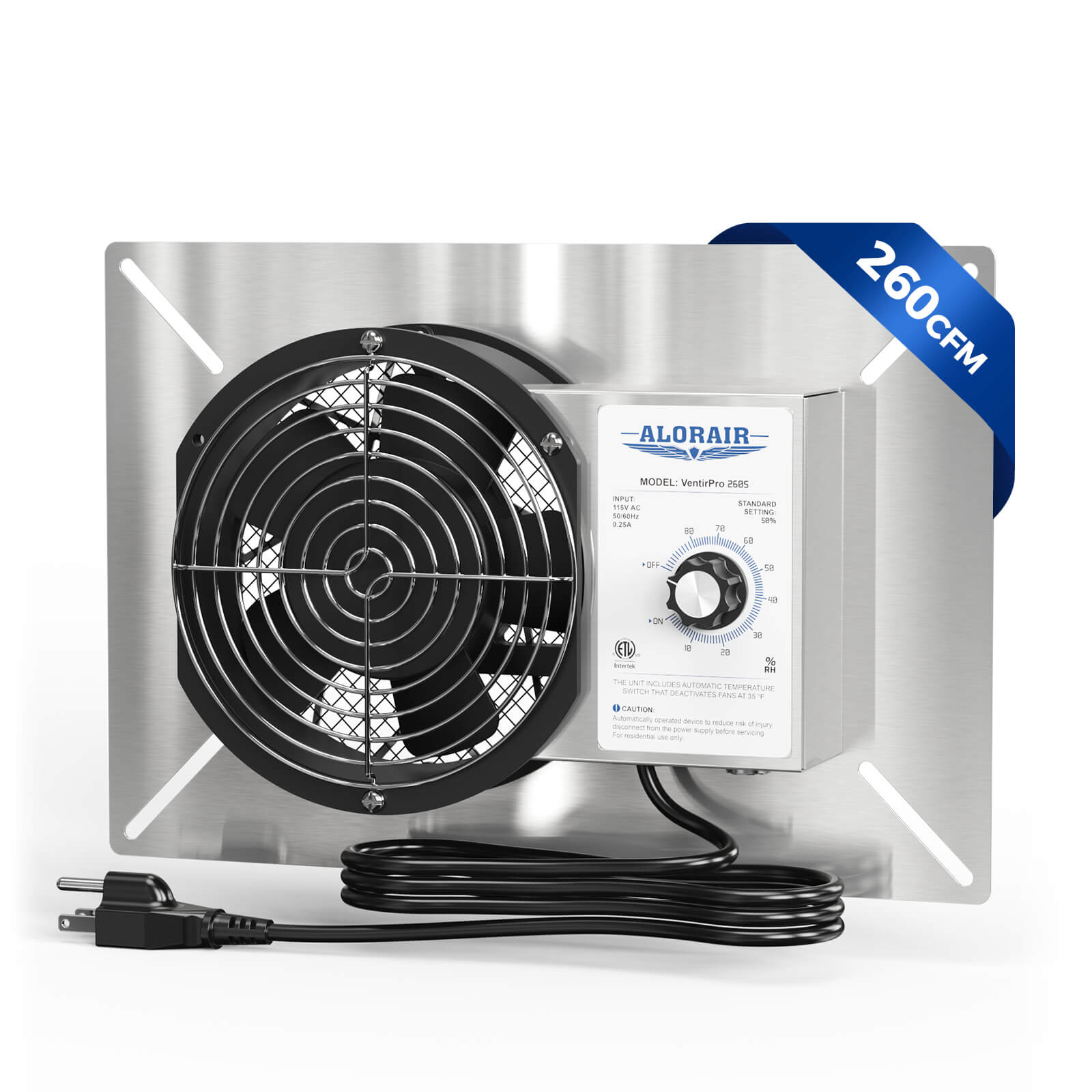
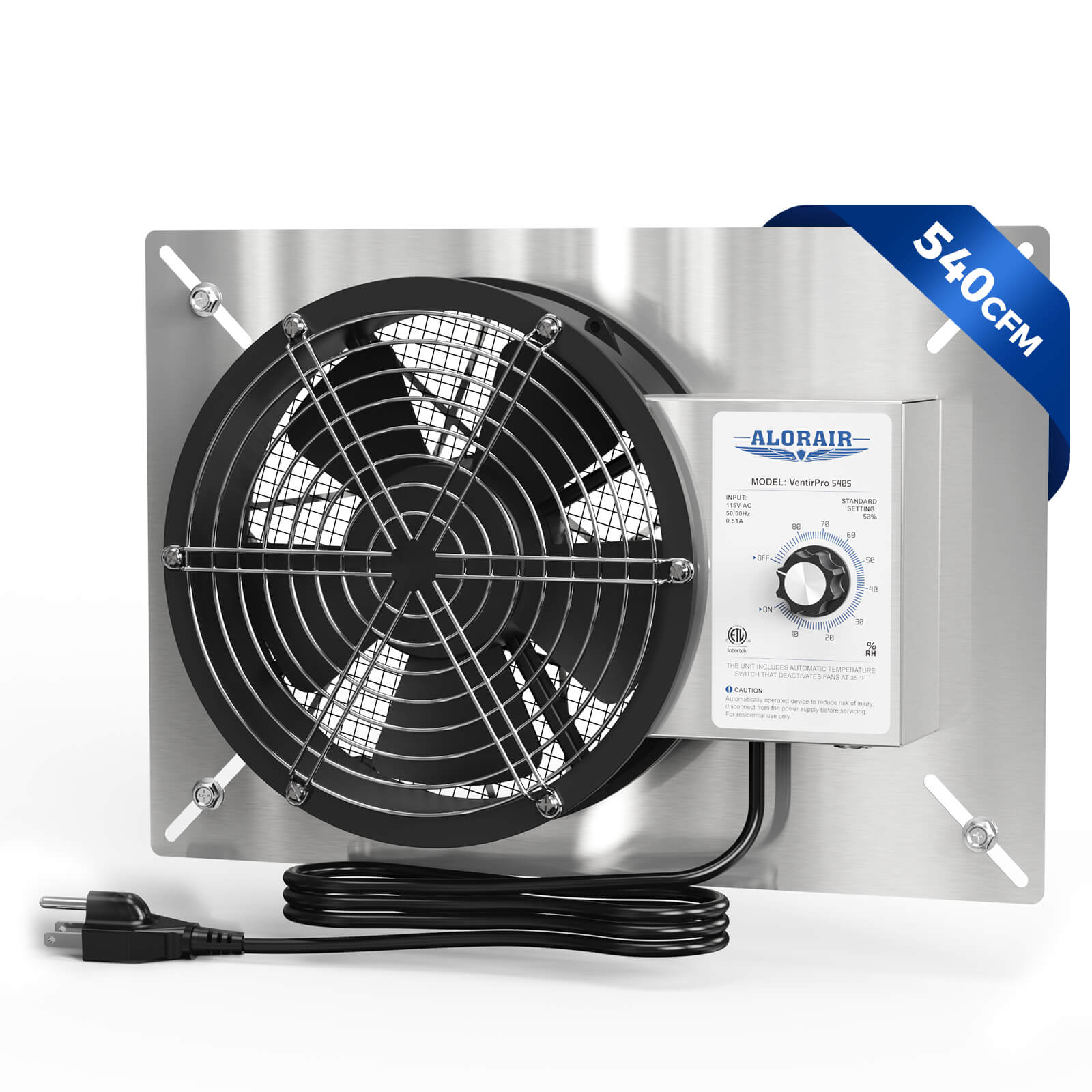
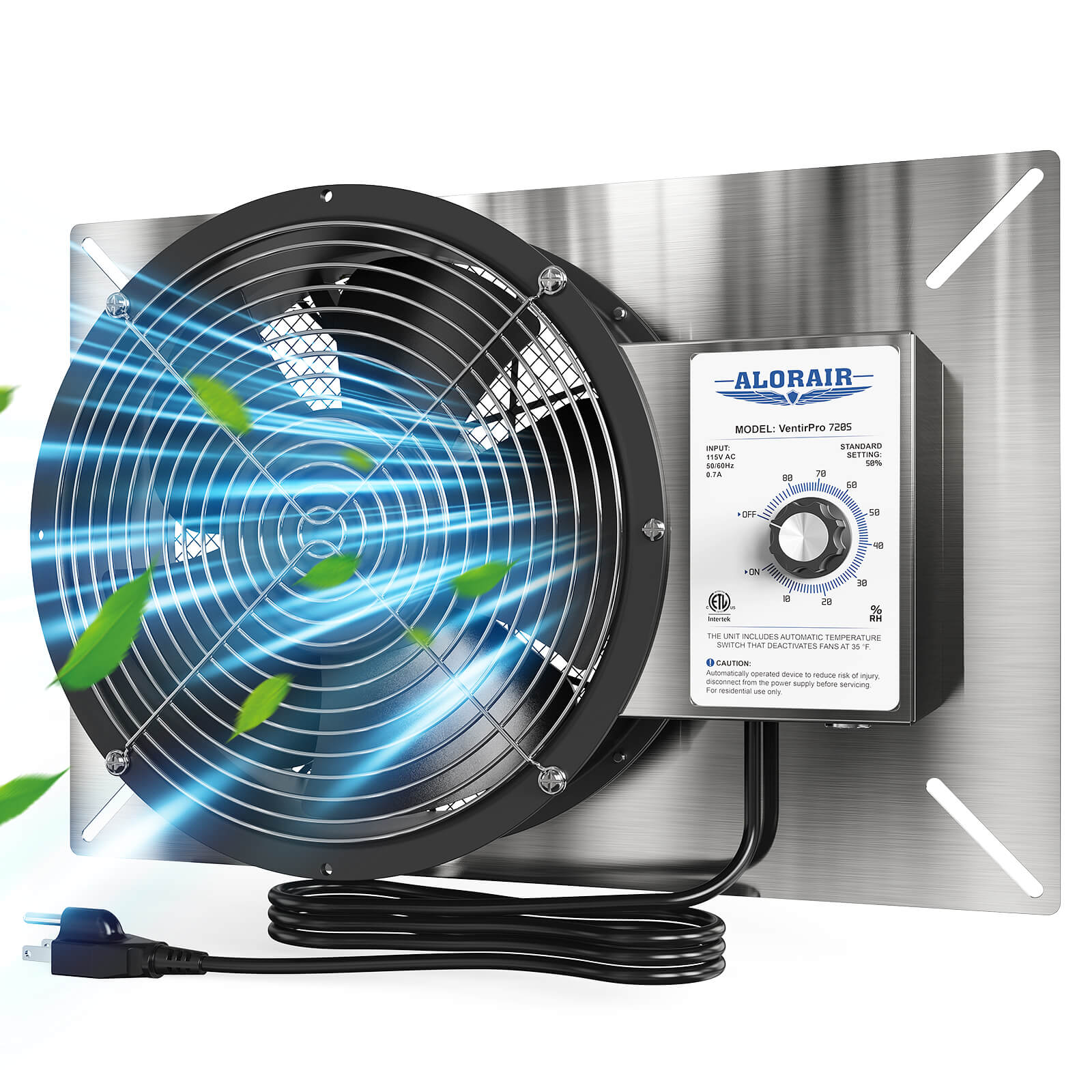
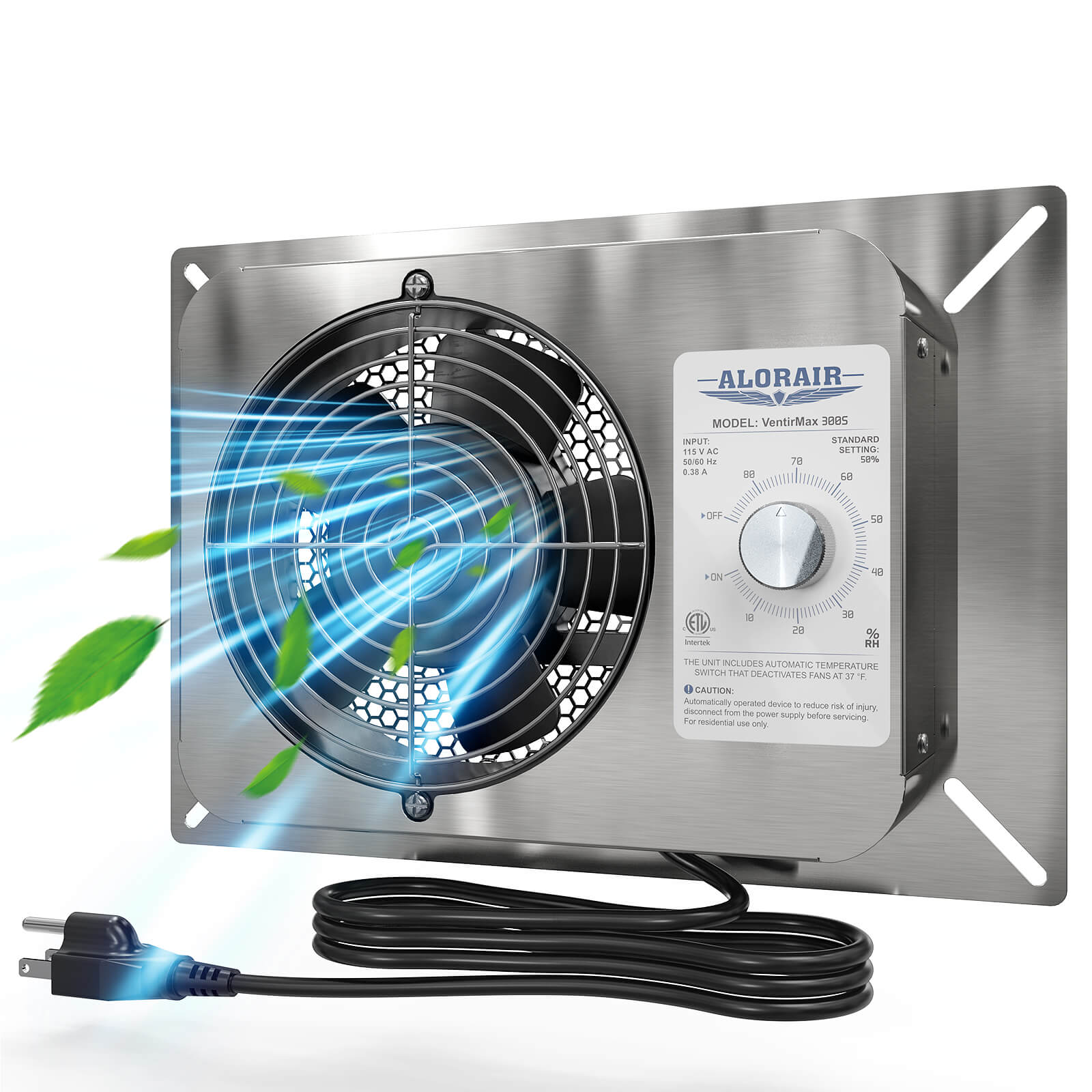
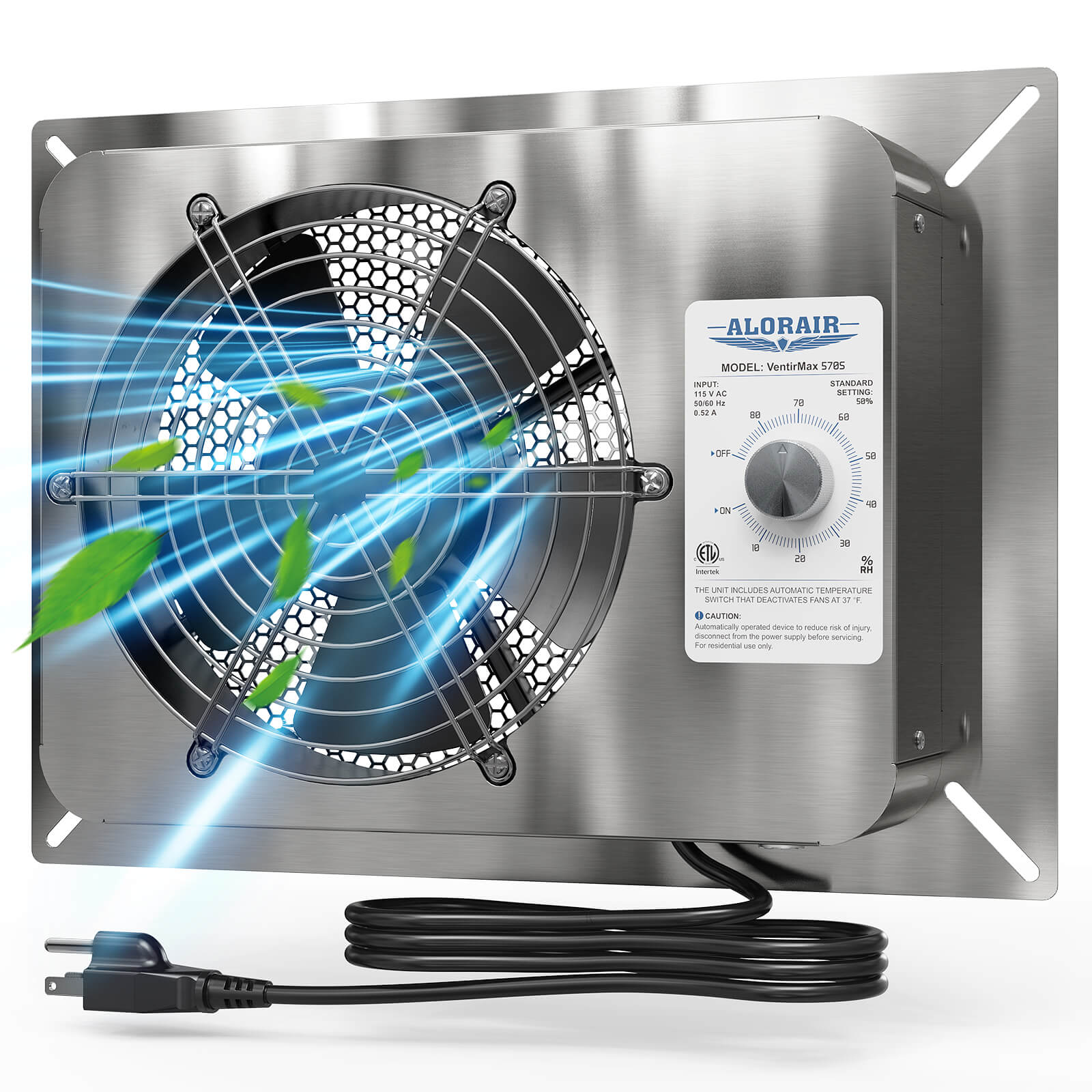
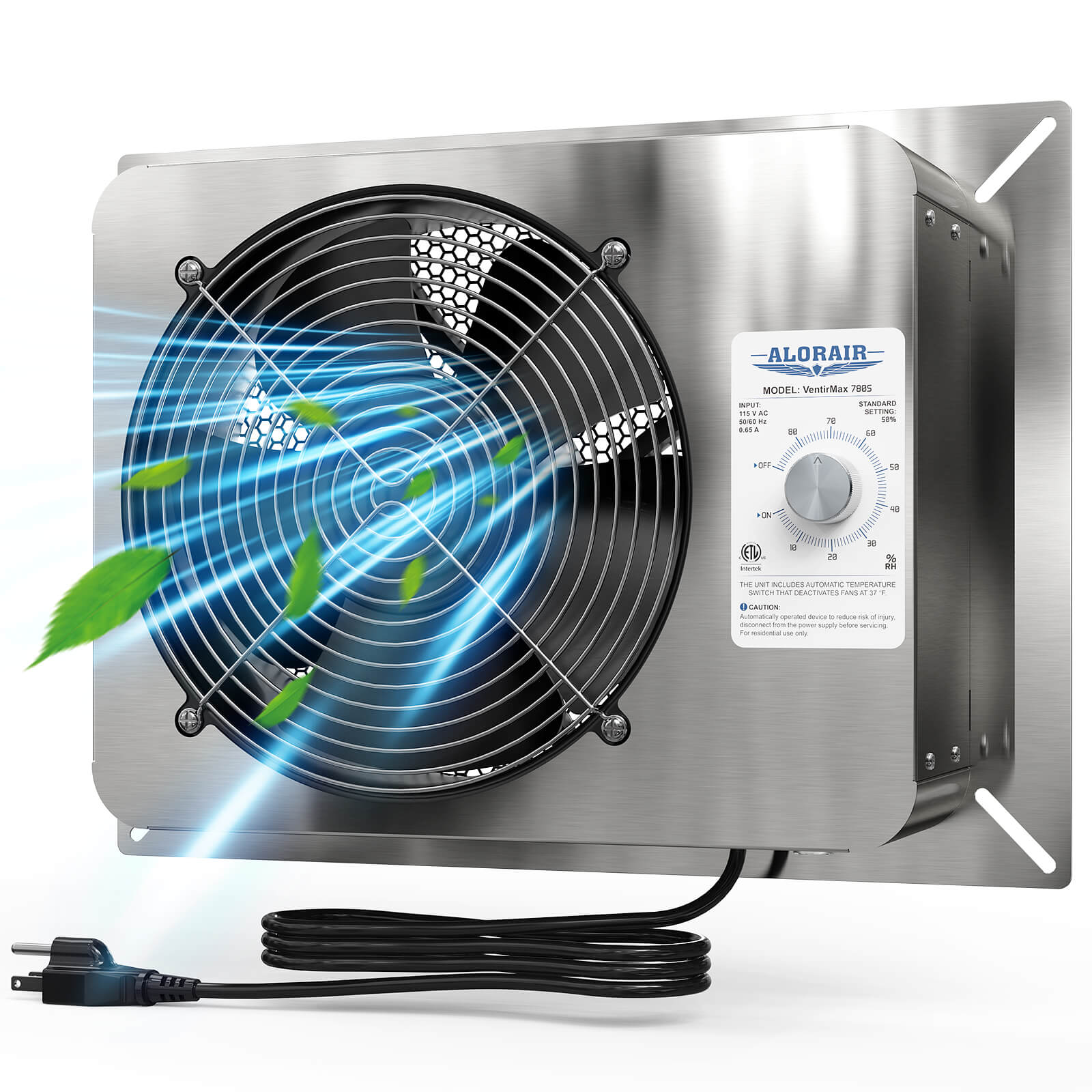
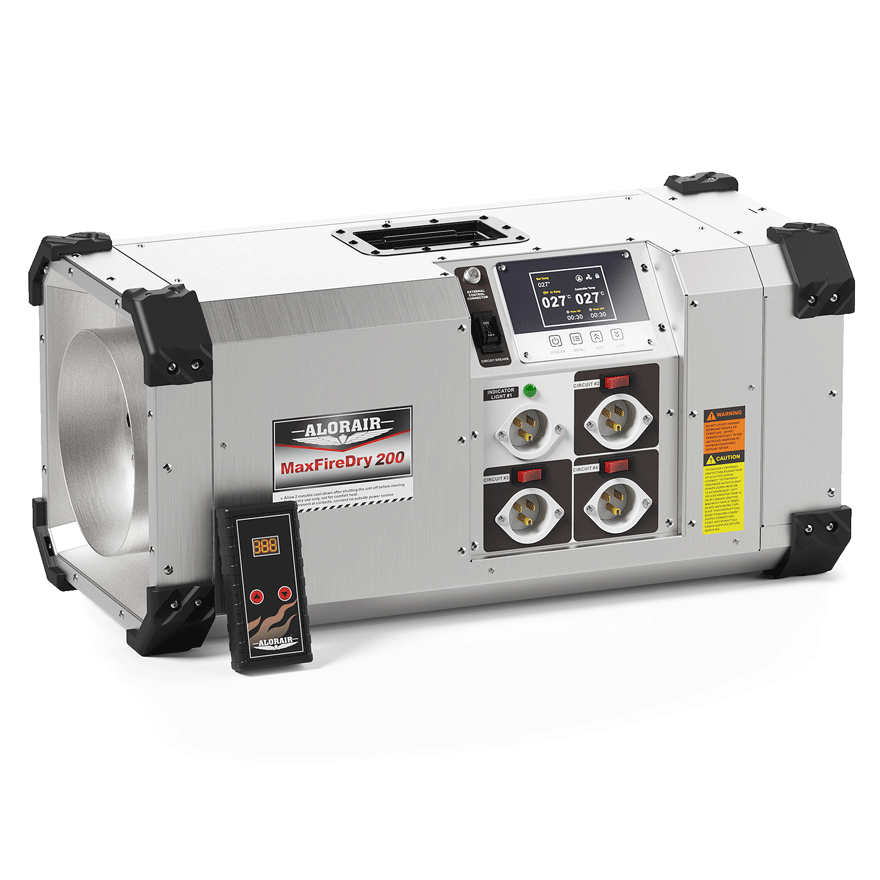




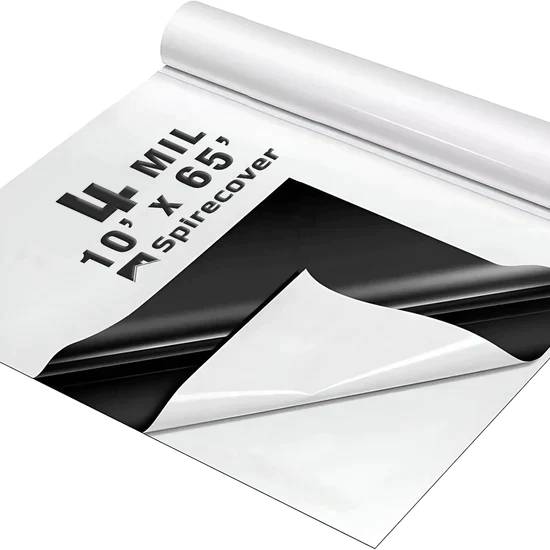
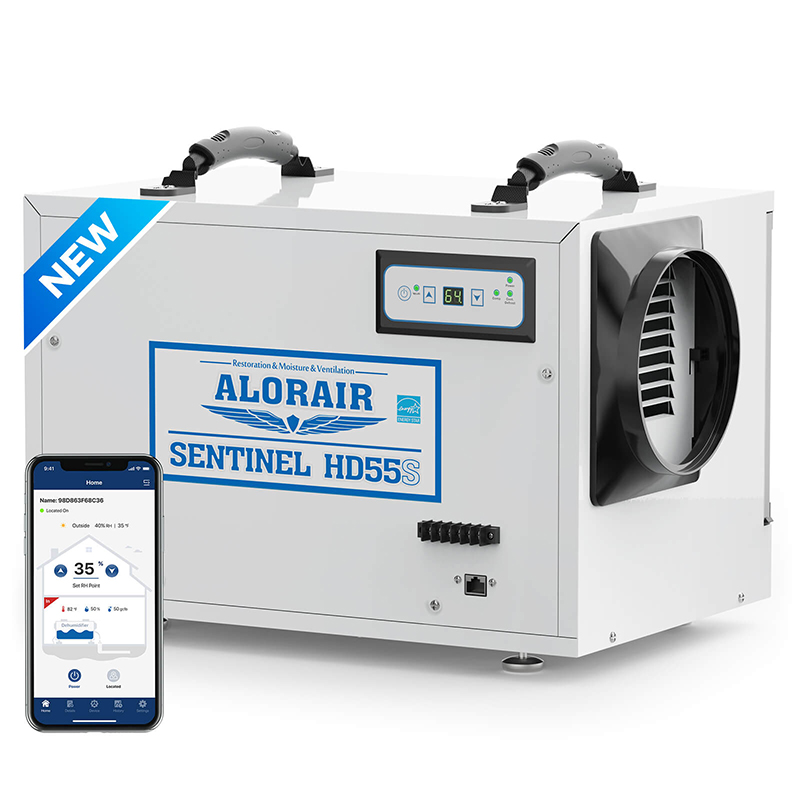
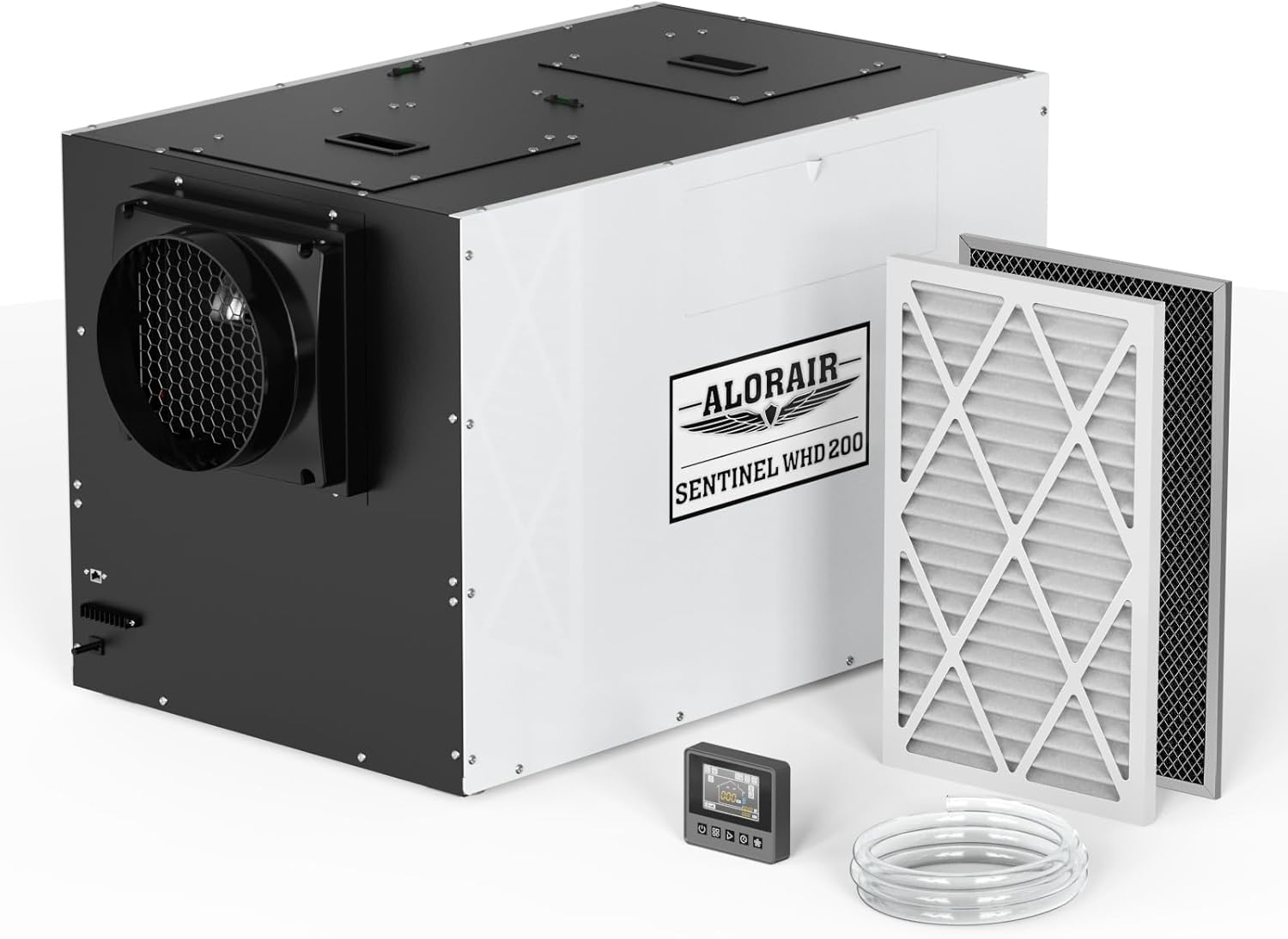
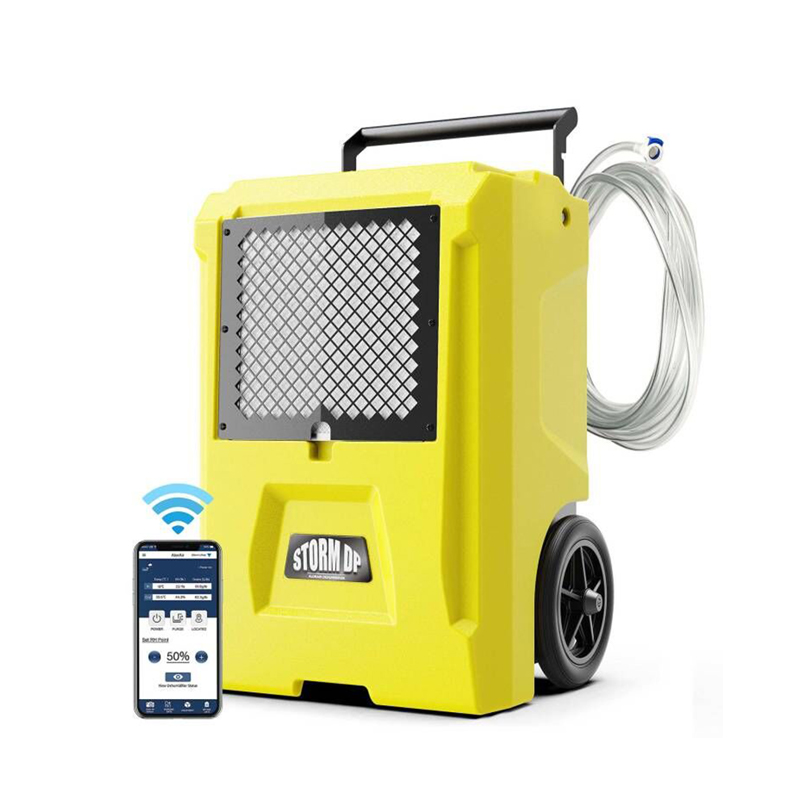
-.jpg)
.jpg)
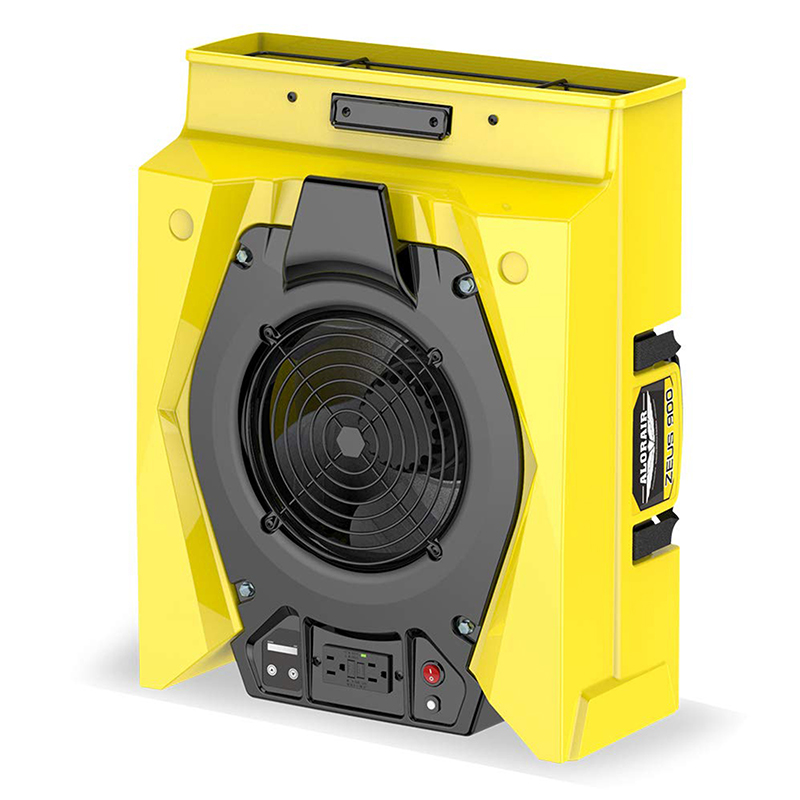
.jpg)
.jpg)
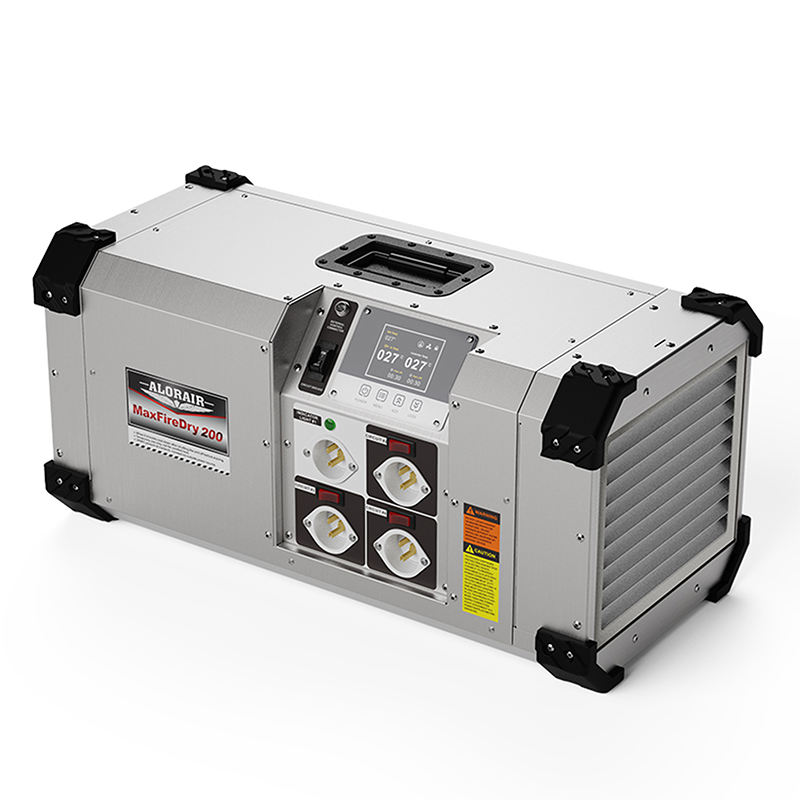
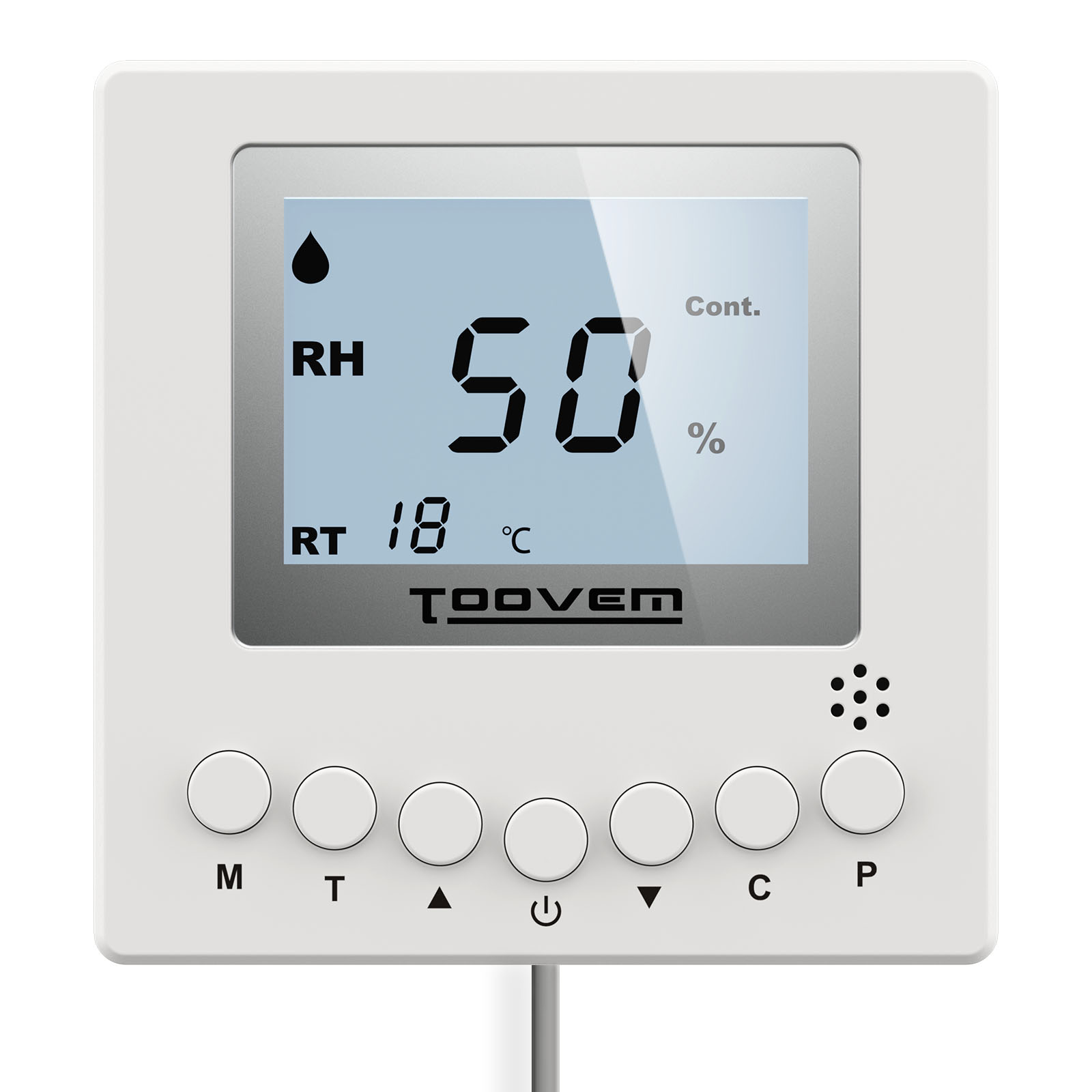
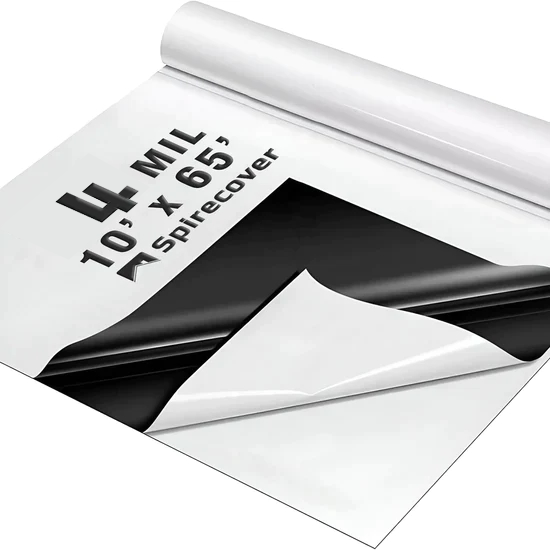
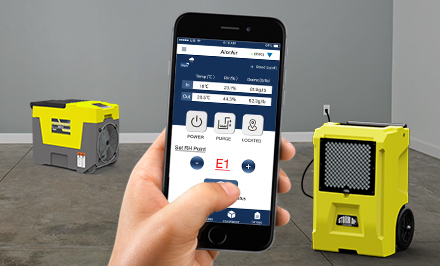
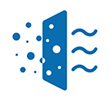























 Exclusive offers
promotions
Exclusive offers
promotions

